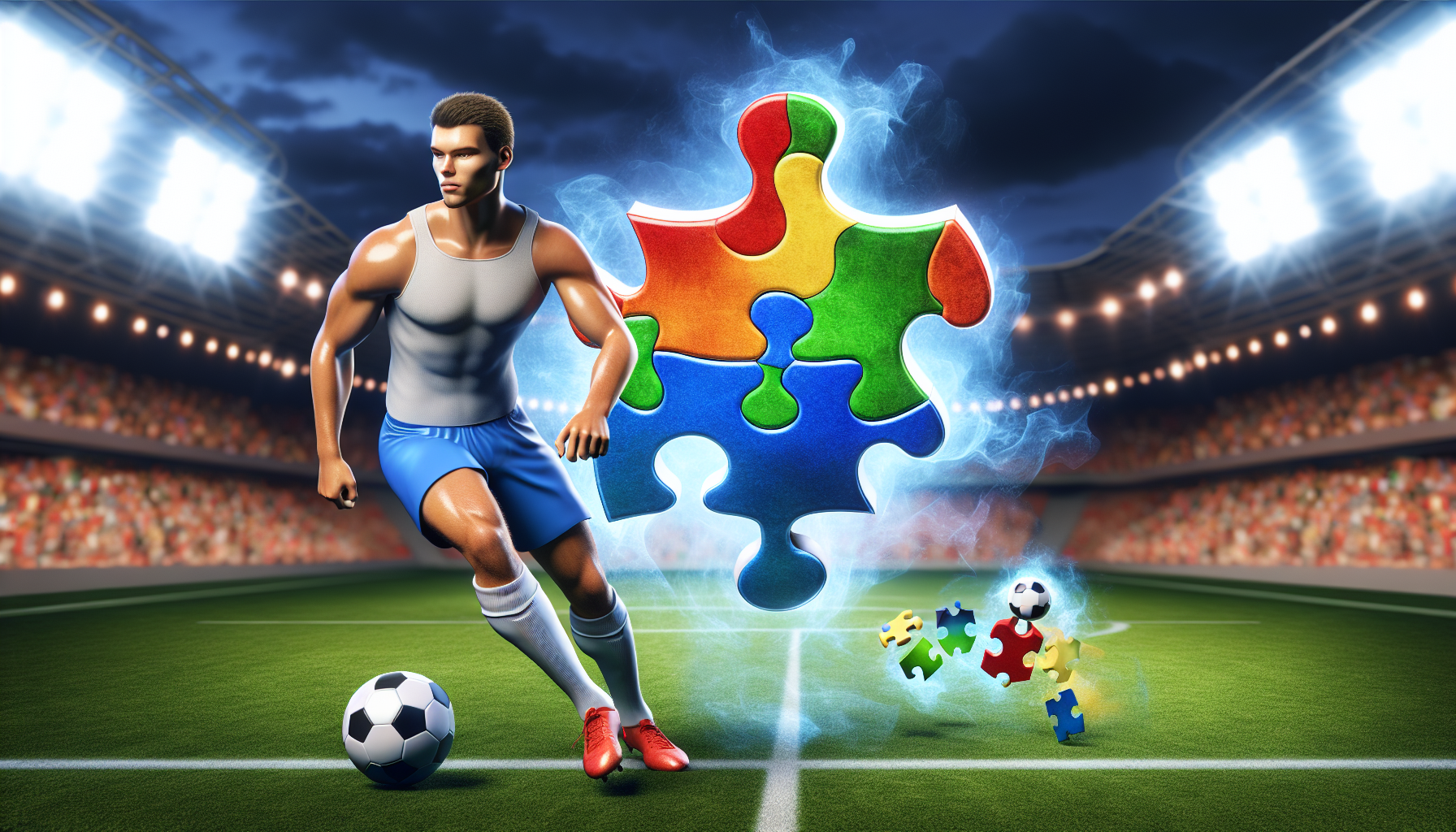Autism And Dementia: The Connection and Differences
Discover the intriguing connection between autism and dementia. Gain insights into the shared traits, challenges, and impact on individuals' lives.

What is Autism and Dementia?
Today, we're delving into a fascinating topic that affects countless lives: the intersection of autism and dementia. Autism, a neurodevelopmental condition, and dementia, a degenerative cognitive disorder, might seem like two completely unrelated worlds at first.
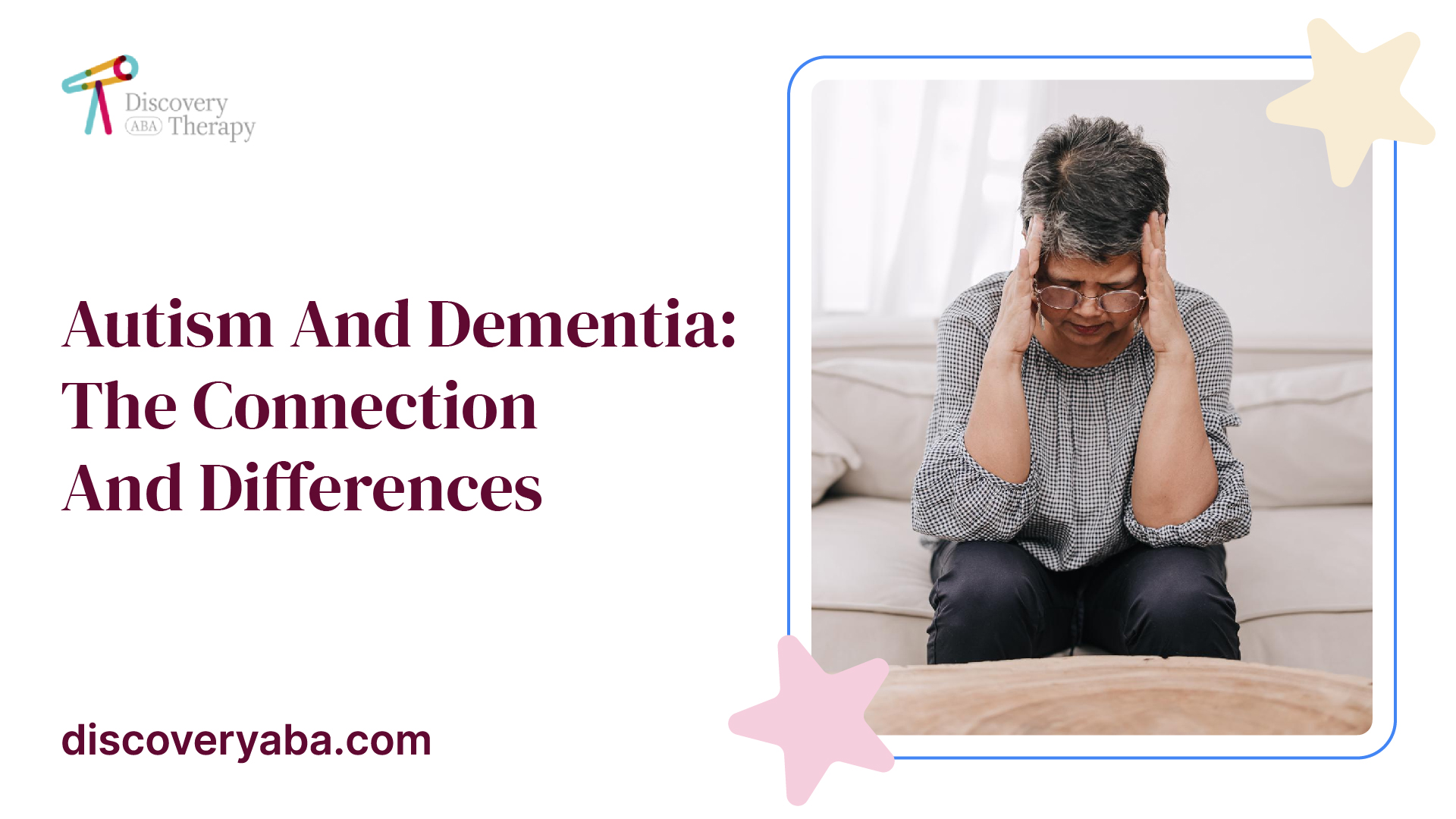
However, as we'll soon discover, there's more to this connection than meets the eye.
Why does understanding the link between autism and dementia matter? Well, imagine a Venn diagram with autism on one side and dementia on the other. In the overlapping area, we find individuals who live with both conditions simultaneously.
This intersection poses unique challenges and opportunities for their lives, as well as for the healthcare professionals, researchers, and caregivers who support them.
By unraveling the mysteries of this overlap, we can gain valuable insights into both autism and dementia, potentially leading to improved treatments, support systems, and overall well-being for those affected.
We'll start by exploring the characteristics and challenges of autism, as well as the key aspects of dementia. Then, we'll dive into the intriguing ways these two conditions intersect, uncovering the impacts they have on individuals' lives.
Understanding Autism and Dementia Individually
Alright, let's take a closer look at autism and dementia separately before we unravel their intriguing connection.
Autism, first and foremost, is a unique neurodevelopmental condition that affects individuals from a young age. It's characterized by a wide range of traits, but some of the core characteristics include difficulties with social interaction, communication challenges, and repetitive behaviors or interests.
People on the autism spectrum often perceive and process the world around them in distinct ways, bringing their own perspectives and strengths to the table.
When it comes to prevalence, autism has become increasingly recognized and diagnosed in recent years. It's estimated that approximately 1 in 54 children in the United States are on the autism spectrum.
These individuals face diverse challenges in their everyday lives, such as forming meaningful relationships, navigating social situations, and adapting to change. However, autism also brings forth unique strengths, such as exceptional attention to detail, creativity, and a fresh outlook on the world.
Shifting gears to dementia, we enter the realm of cognitive decline and memory loss. Dementia is not a specific disease but rather an umbrella term encompassing a range of conditions, the most common of which is Alzheimer's disease. Memory loss, impaired thinking, and changes in behavior are key features of dementia.
As we grow older, the risk of developing dementia increases, and it becomes a significant concern for aging populations around the globe.
Speaking of prevalence, it's estimated that over 50 million people worldwide are currently living with dementia. The impact of dementia extends beyond individuals themselves and reaches their families, friends, and communities.
It poses immense challenges in daily functioning, memory retention, decision-making, and overall quality of life. As the global population ages, understanding and addressing the needs of individuals with dementia becomes increasingly crucial.
Exploring the Overlapping Traits
Now that we've laid the groundwork by understanding autism and dementia on their own, it's time to delve into their overlapping traits and see how they intertwine.
When we examine the neurological and cognitive aspects, we discover shared traits between autism and dementia. Both conditions involve alterations in brain structure and function. Individuals with autism and those with dementia may experience difficulties in information processing, memory, attention, and learning.
These similarities offer a fascinating starting point for exploring the relationship between these two conditions.
Social and communication difficulties are significant areas of overlap. While the specific manifestations might differ, both autism and dementia can impact one's ability to connect with others. People with autism may struggle with social cues, understanding nonverbal communication, and forming relationships.
Similarly, individuals with dementia may experience changes in their social skills, communication abilities, and recognition of loved ones. Recognizing these shared challenges can enhance our understanding of how social interactions are affected in both conditions.
Sensory processing and sensory overload are also areas where autism and dementia intersect. People with autism often have heightened sensitivity to sensory stimuli, such as loud noises, bright lights, or certain textures.
Similarly, individuals with dementia may become overwhelmed or agitated by sensory inputs, leading to increased confusion or distress. By exploring these shared experiences, we can develop strategies to create more supportive and accommodating environments for individuals with both autism and dementia.
Executive function deficits, which encompass skills like planning, decision-making, and self-control, are common in both autism and dementia. These challenges can impact daily routines, organization, and problem-solving abilities.
By understanding the shared difficulties in executive functioning, we can develop tailored interventions and support systems that benefit individuals with autism, dementia, or both.
Stay tuned for the next section, where we'll dive deeper into the impacts of autism and dementia intersecting in individuals' lives. The journey has just begun!
Risk Factors and Genetic Influences
Now that we have a good grasp of autism and dementia individually, let's explore the fascinating world of risk factors and genetic influences that contribute to the development of both conditions.
Genetics play a significant role in both autism and dementia.
Research has uncovered certain genetic links between the two, suggesting shared underlying mechanisms. While the specific genes involved are complex and diverse, studying these genetic connections can provide valuable insights into the overlapping traits and vulnerabilities present in individuals with autism and dementia.
In addition to genetics, there are common risk factors that contribute to the development of both conditions. Environmental factors, such as exposure to toxins or certain prenatal complications, can increase the likelihood of developing autism or dementia.
Additionally, factors like advanced age, cardiovascular health, and lifestyle choices can also impact the risk of developing dementia in particular. Understanding these shared risk factors helps us paint a more comprehensive picture of the complex interplay between autism and dementia.
Genetic variations and mutations further contribute to the susceptibility of individuals to autism and dementia. Certain genetic changes can increase the likelihood of developing autism spectrum disorder or increase the risk of dementia in later life.
These variations can affect various aspects of brain development, functioning, and neurodegenerative processes. By unraveling these genetic influences, we can gain a better understanding of the biological foundations of both conditions and potentially develop targeted interventions or treatments in the future.
Impact on Aging Individuals
As individuals with autism grow older, they face a unique set of challenges that intersect with the impact of dementia. Let's take a closer look at how autism and dementia affect aging individuals.
Aging individuals with autism often experience additional difficulties. The familiar support structures they relied upon in their younger years may change or diminish, leading to increased isolation and feelings of vulnerability. The transition to retirement or changes in caregiving arrangements can also present new hurdles.
It's crucial to recognize and address these challenges to ensure a fulfilling and supported life for aging individuals on the autism spectrum.
When autism and dementia coexist, individuals require specialized care and support tailored to their unique needs. The challenges associated with autism, such as communication difficulties and sensory sensitivities, can become more pronounced in the presence of dementia.
Providing a supportive environment that considers these overlapping needs is essential to maintain individuals' well-being and quality of life.
The impact of dementia on individuals with autism, and vice versa, is an area of significant interest. Dementia can exacerbate existing autism symptoms, such as communication and social difficulties, while also introducing new challenges related to memory loss and cognitive decline.
Similarly, autism traits can influence the manifestation and progression of dementia symptoms. Understanding how these two conditions interact can guide the development of effective interventions and strategies to enhance the quality of life for individuals living at this intersection.
As we continue our journey, we'll explore the importance of research in this field and the potential future implications it holds. Stay tuned for the next section, where we uncover exciting discoveries and possibilities!
Diagnosis and Assessment Considerations
Diagnosing autism and dementia individually can be challenging, and when the two conditions intersect, it adds another layer of complexity. Let's explore the intricacies of diagnosing and assessing individuals with both autism and dementia.
Diagnosing autism and dementia concurrently requires careful consideration. The overlapping symptoms and manifestations can make it difficult to distinguish between the two conditions. For example, changes in social skills and communication abilities may be attributed solely to dementia, overlooking the presence of autism.
It's crucial for healthcare professionals to have a keen understanding of both conditions and the ways in which their symptoms can intertwine.
Comprehensive assessments play a pivotal role in identifying and managing the dual diagnosis. A thorough evaluation should encompass a range of factors, including developmental history, cognitive functioning, communication abilities, social interaction, and behavioral observations.
By taking a holistic approach, healthcare professionals can obtain a clearer picture of an individual's unique combination of autism and dementia and tailor support accordingly.
Diagnostic challenges may arise due to several factors, such as the individual's ability to communicate their experiences, the potential impact of cognitive decline on test performance, or the limited awareness of the coexistence of autism and dementia among clinicians.
Overcoming these challenges requires improved awareness, specialized training, and collaborative efforts between professionals from various disciplines, including neurology, geriatrics, and psychology.
Supportive Approaches and Interventions
Providing appropriate and effective support for individuals with both autism and dementia requires a person-centered approach and a comprehensive care team.
When it comes to testing for dementia, there are companies on the market like 23andme that offer at-home testing kits for Alzheimer's.
Person-centered care is paramount when supporting individuals with autism and dementia. Recognizing their unique needs, strengths, preferences, and goals is essential for tailoring interventions and support.
Taking an individualized approach ensures that the care provided considers the specific challenges and abilities of each person, fostering their well-being and quality of life.
Interdisciplinary teams play a crucial role in providing comprehensive care. Collaborating professionals from various fields, such as psychology, speech therapy, occupational therapy, and geriatrics, can offer a holistic perspective and develop comprehensive strategies.
This teamwork facilitates a more comprehensive understanding of the individual's needs and promotes effective coordination of care.
Therapeutic interventions and strategies should be designed to address the unique needs of individuals with both autism and dementia. Approaches may include cognitive stimulation, sensory-based interventions, communication strategies, social skills training, and environmental modifications.
These interventions aim to enhance communication abilities, reduce distress, and support overall well-being. It's important to continually assess and adapt interventions based on the changing needs and abilities of individuals as they navigate the challenges of both conditions.
In the upcoming section, we'll explore the significance of ongoing research in this field and the potential future implications for individuals living at the intersection of autism and dementia. Get ready for some exciting insights!
Future Research and Outlook
As we near the end of our journey, let's explore the exciting realm of future research and the possibilities it holds for understanding the intersection of autism and dementia.
Ongoing research and advancements in this field are shedding light on the complex relationship between autism and dementia. Scientists and healthcare professionals are working tirelessly to unravel the underlying mechanisms, genetic influences, and shared traits of these conditions.
Through collaborative efforts and interdisciplinary studies, we're gaining a deeper understanding of how autism and dementia intersect and impact individuals' lives.
The potential for early interventions and targeted treatments is a promising aspect of future research. With a better understanding of the shared vulnerabilities and unique challenges, there is an opportunity to develop interventions that can improve outcomes for individuals with both autism and dementia.
Early detection, specialized support systems, and tailored therapies may play a crucial role in enhancing well-being and quality of life for this population.
As we move forward, it's essential to encourage further exploration and collaboration in this field. Researchers, clinicians, caregivers, and individuals with lived experiences can all contribute to advancing our knowledge and improving support systems.
By sharing insights, engaging in dialogue, and supporting ongoing research efforts, we can create a brighter future for individuals living at the intersection of autism and dementia.
Summary
In conclusion, we've embarked on a captivating journey through the world of autism and dementia. We've explored the individual characteristics of both conditions, the overlapping traits that connect them, and the impact they have on individuals' lives.
We've learned that understanding and addressing the intersection of autism and dementia is of paramount importance. By recognizing the shared challenges, we can provide more tailored support, develop specialized interventions, and foster inclusive environments for those living with both conditions.
As we move forward, let's remember the significance of ongoing research. The advancements being made in this field offer hope for early interventions, targeted treatments, and improved quality of life.
By staying informed, supporting research initiatives, and advocating for comprehensive care, we can make a meaningful difference in the lives of individuals at the intersection of autism and dementia.
So, dear readers, I encourage you to continue learning, sharing, and seeking support. Together, we can build a more inclusive and compassionate world for everyone, regardless of their unique journey with autism and dementia.
Find More Articles
Contact us
North Carolina, Tennessee, Nevada, New Jersey, Utah, Virginia
New Hampshire, Maine
Massachusetts, Indiana, Arizona, Georgia
.avif)



.jpeg)













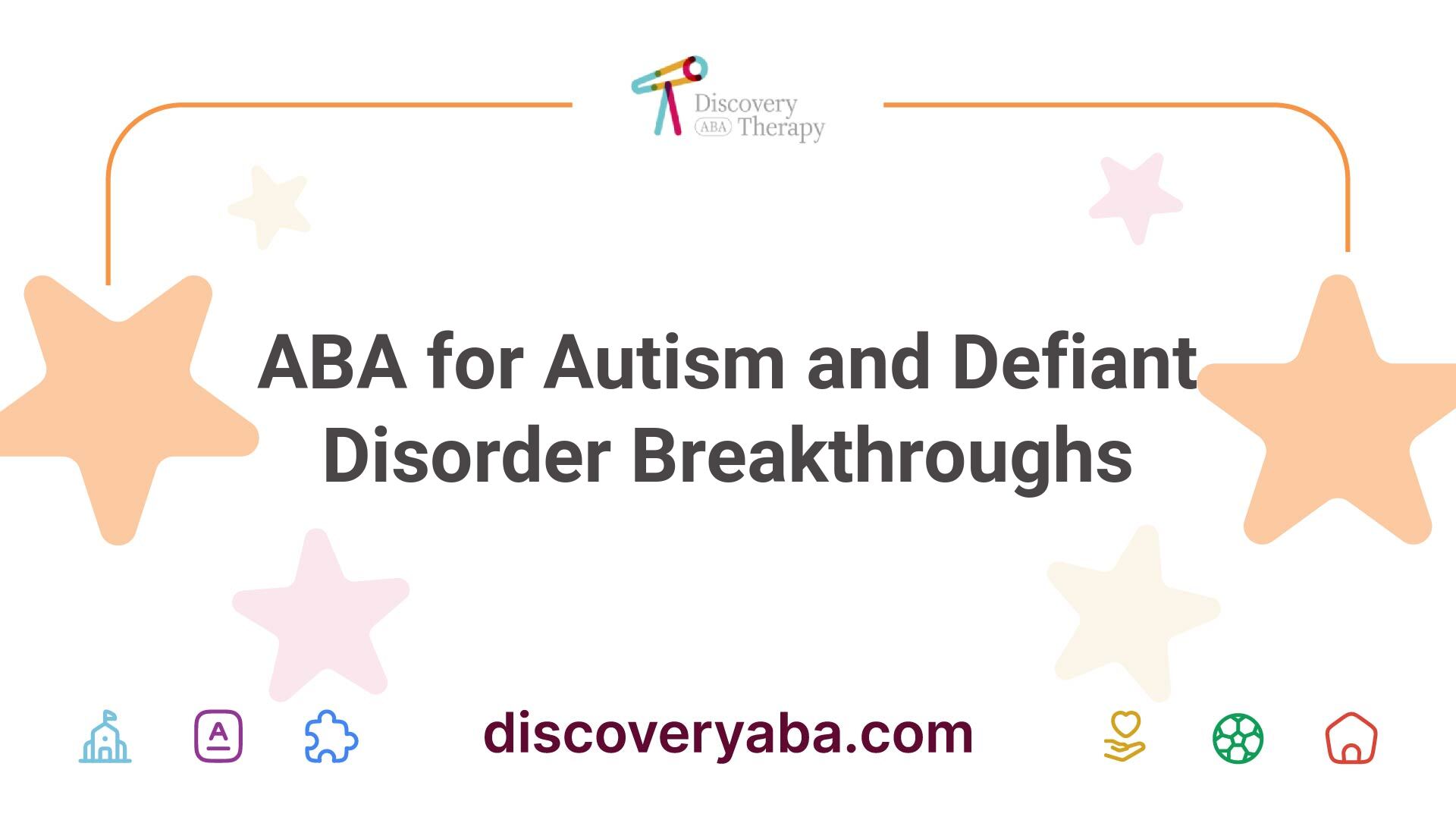





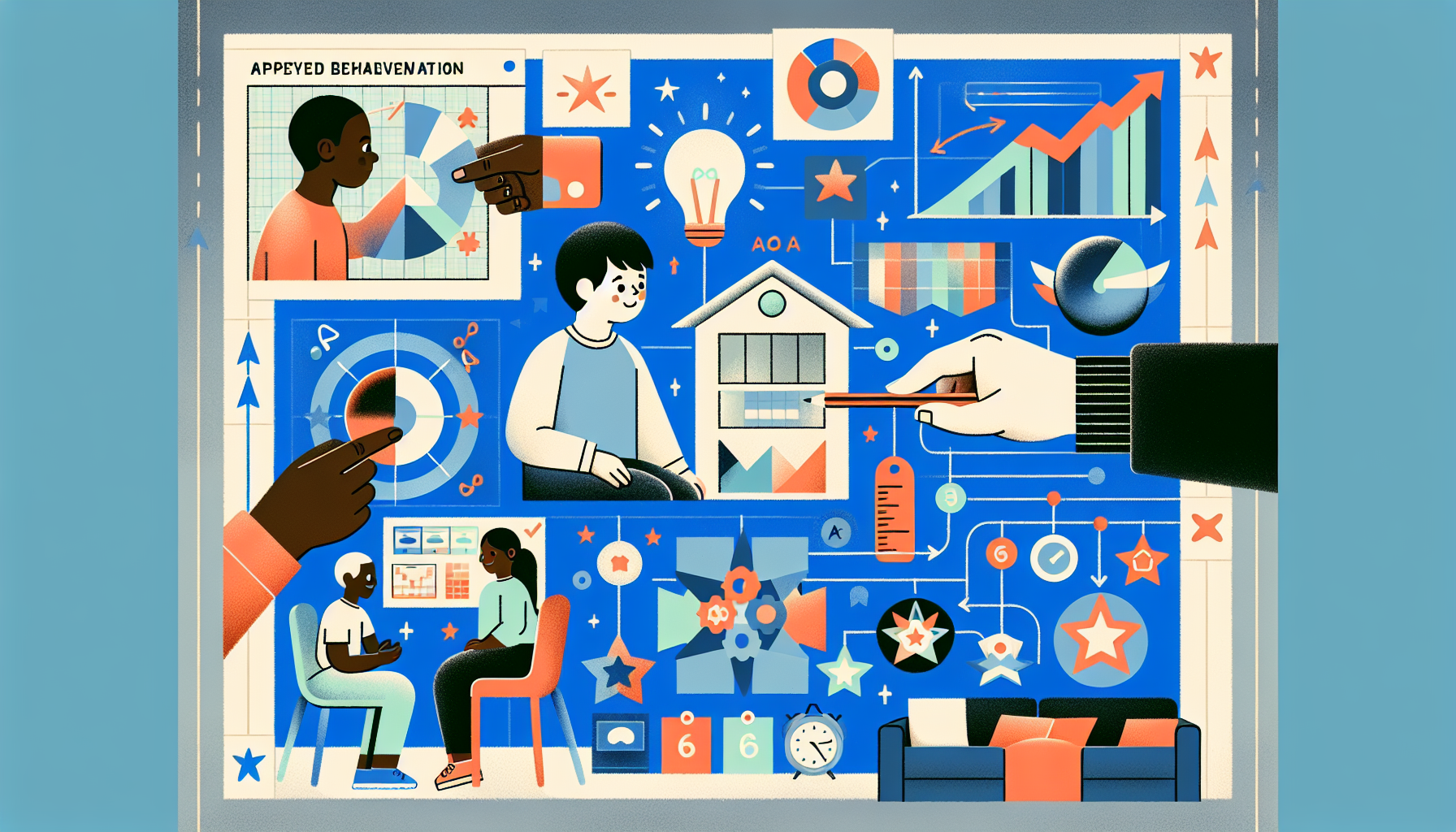
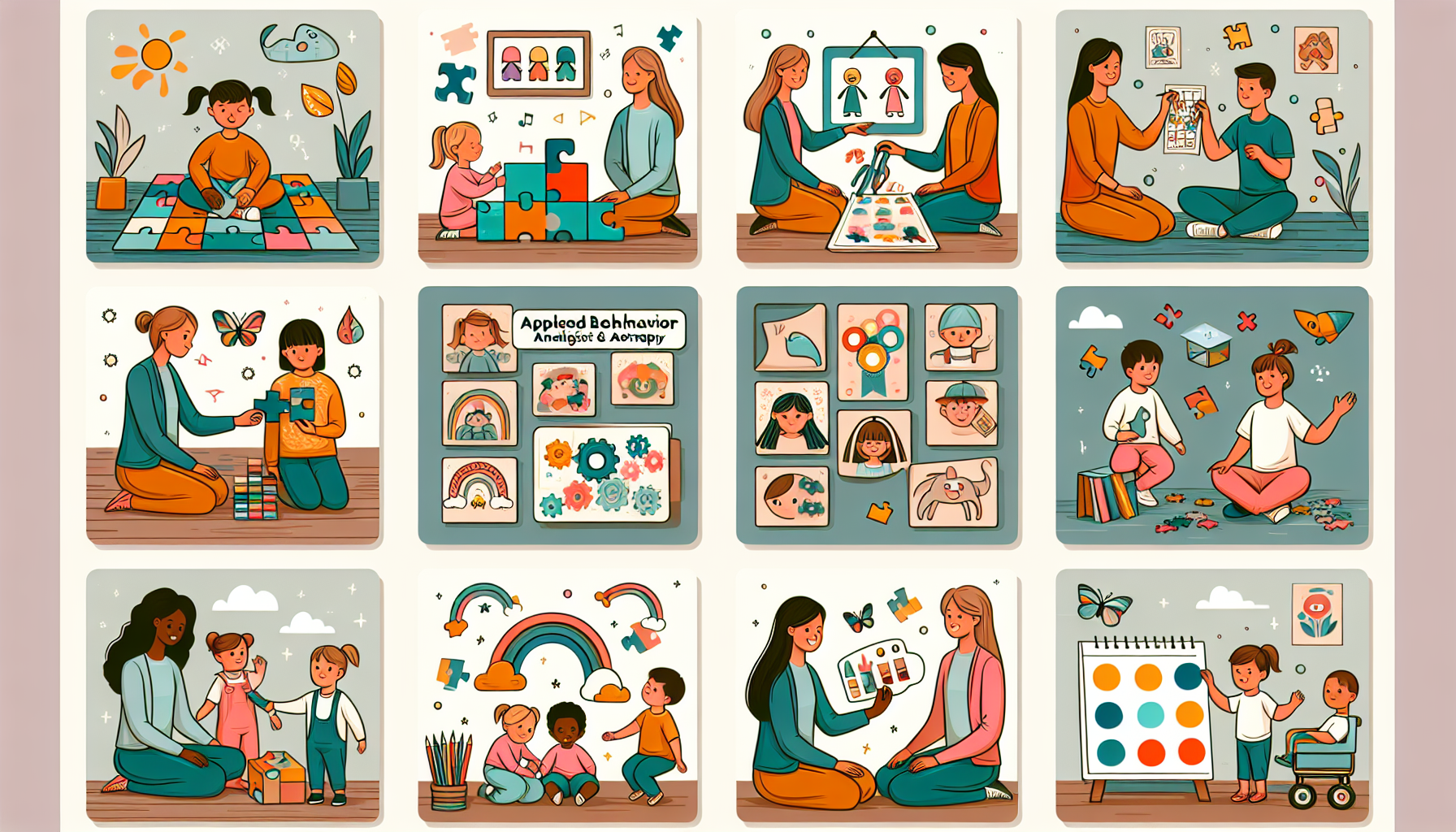
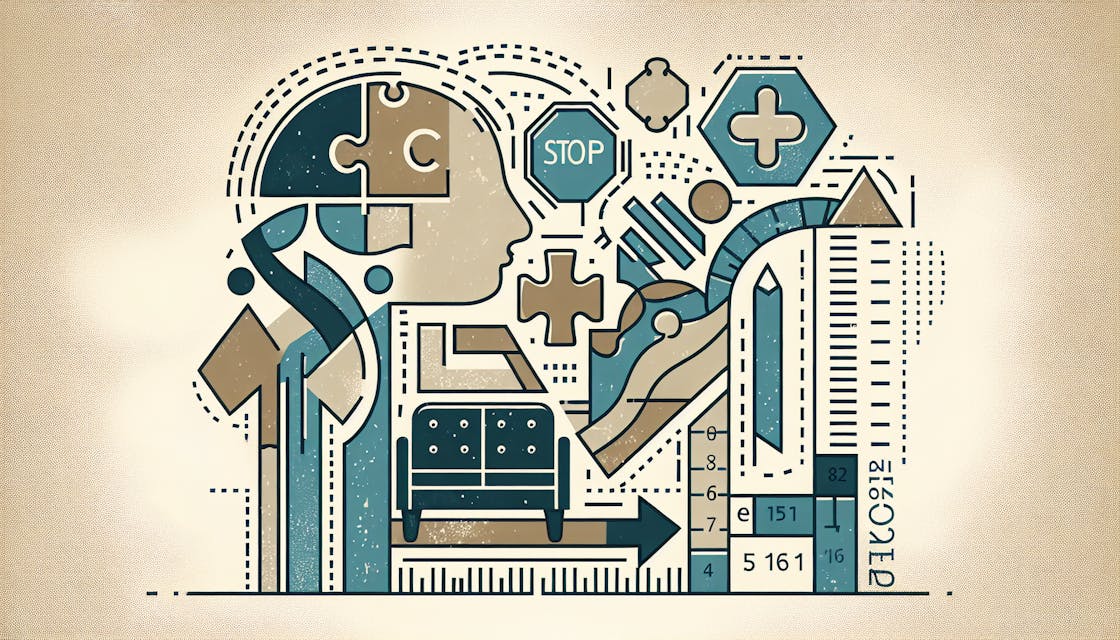




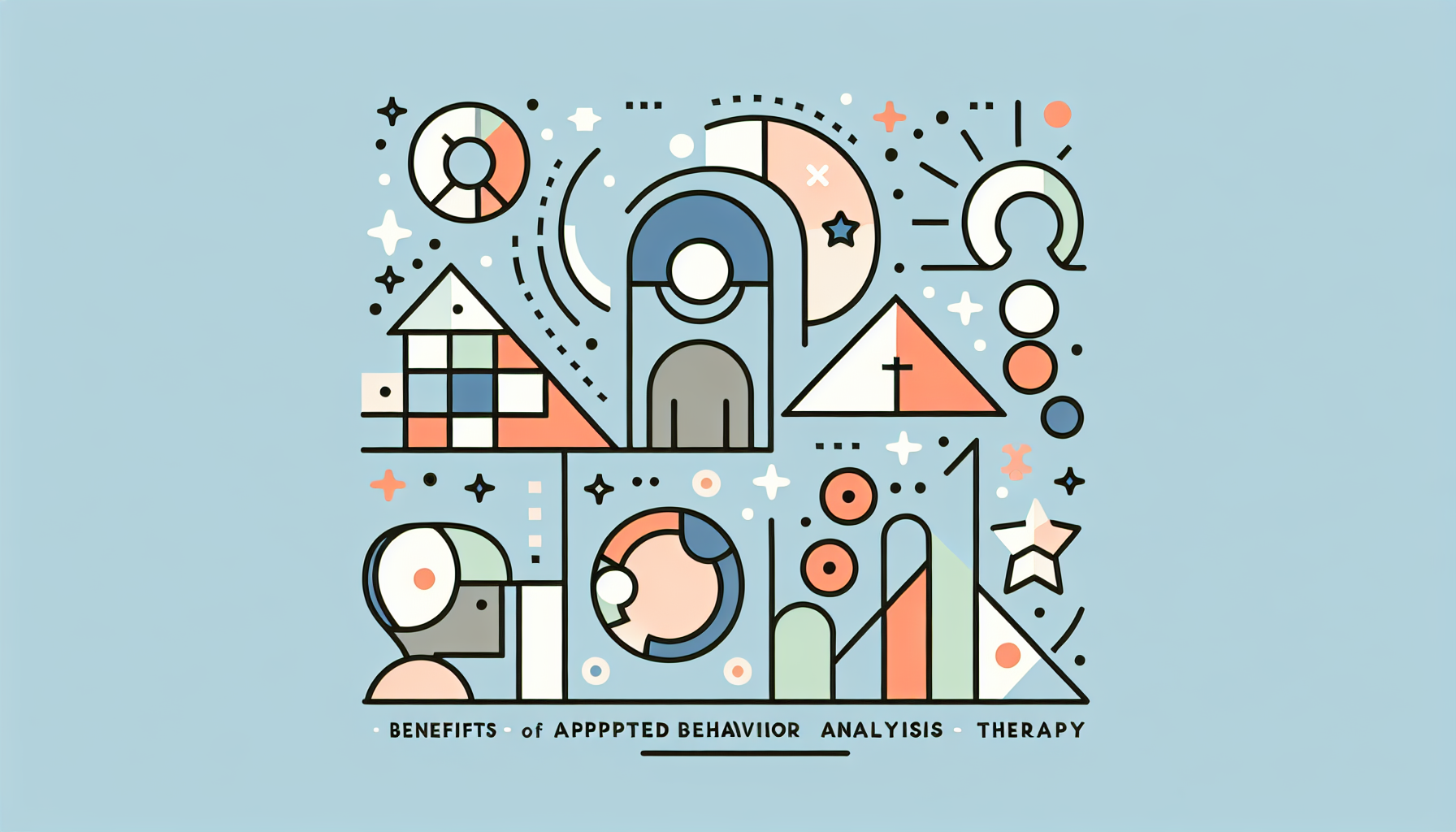






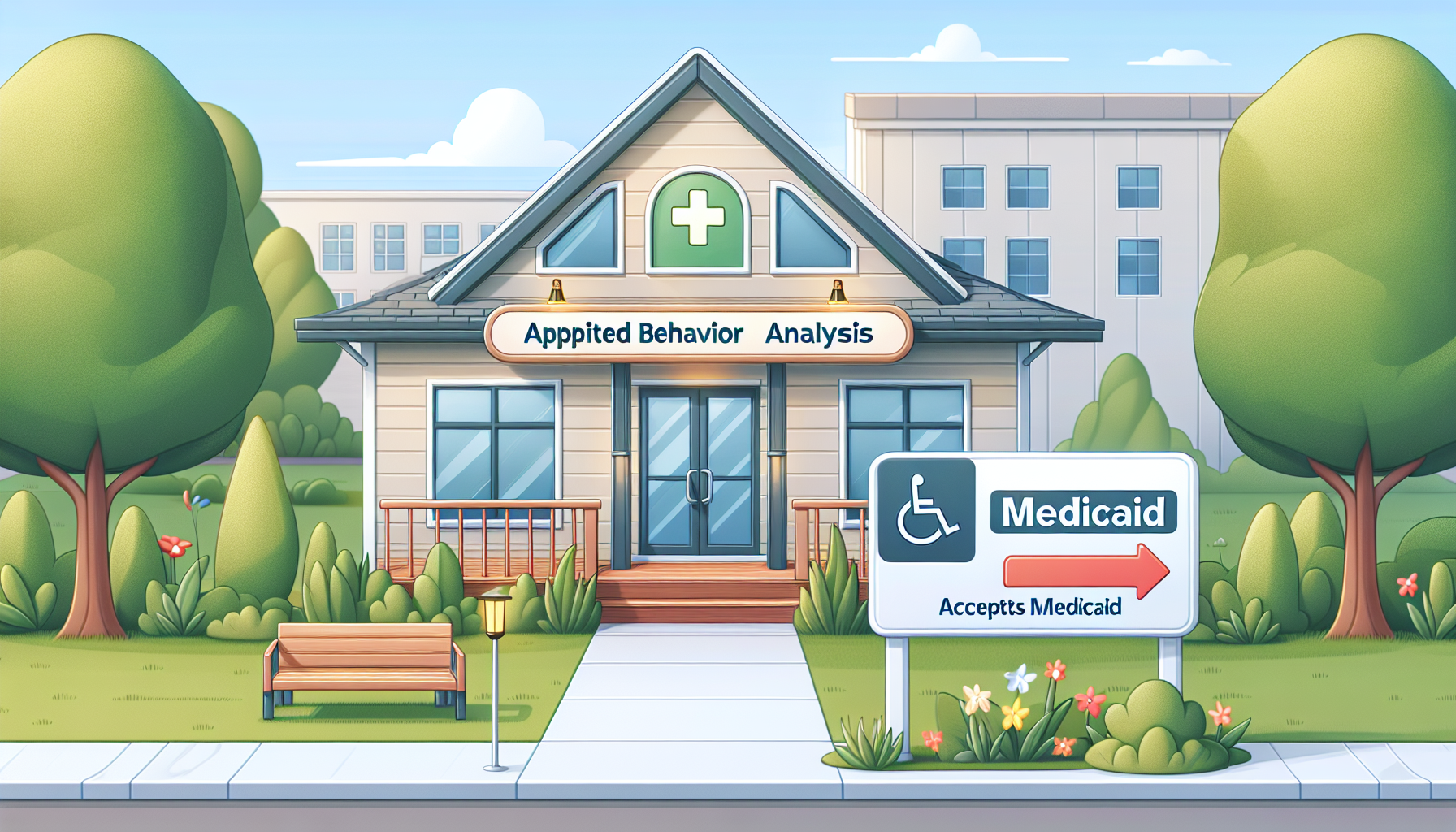

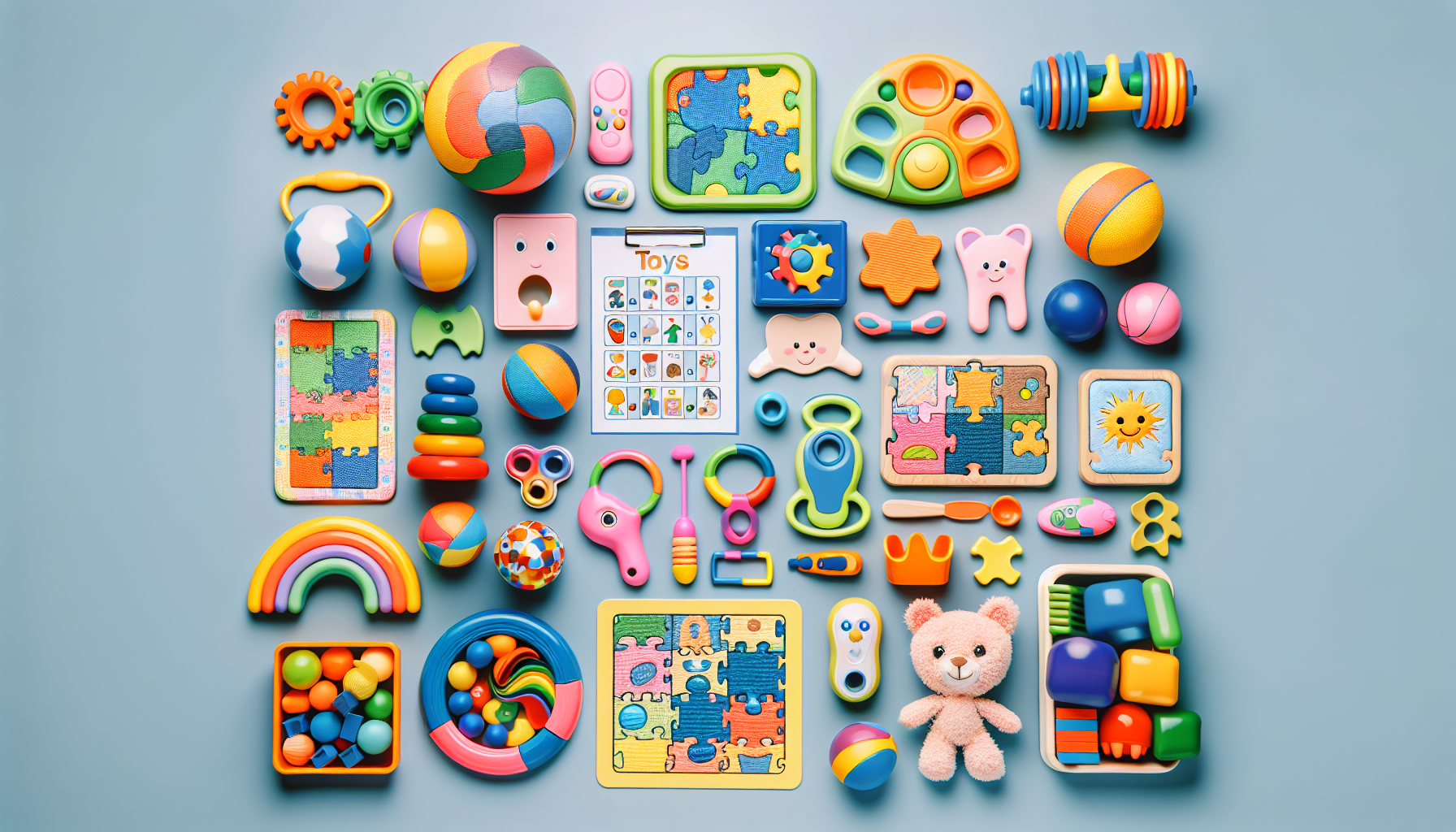


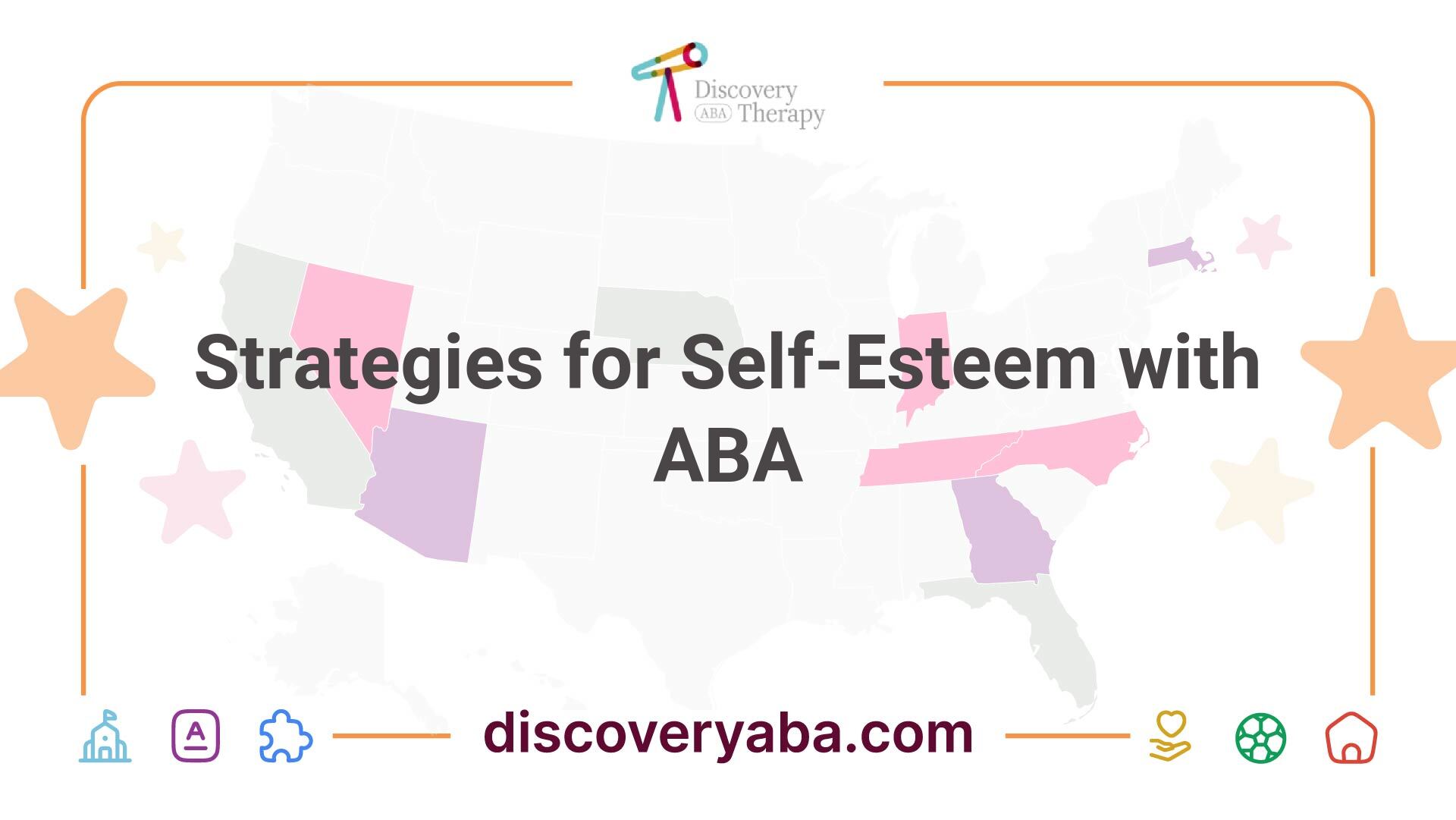
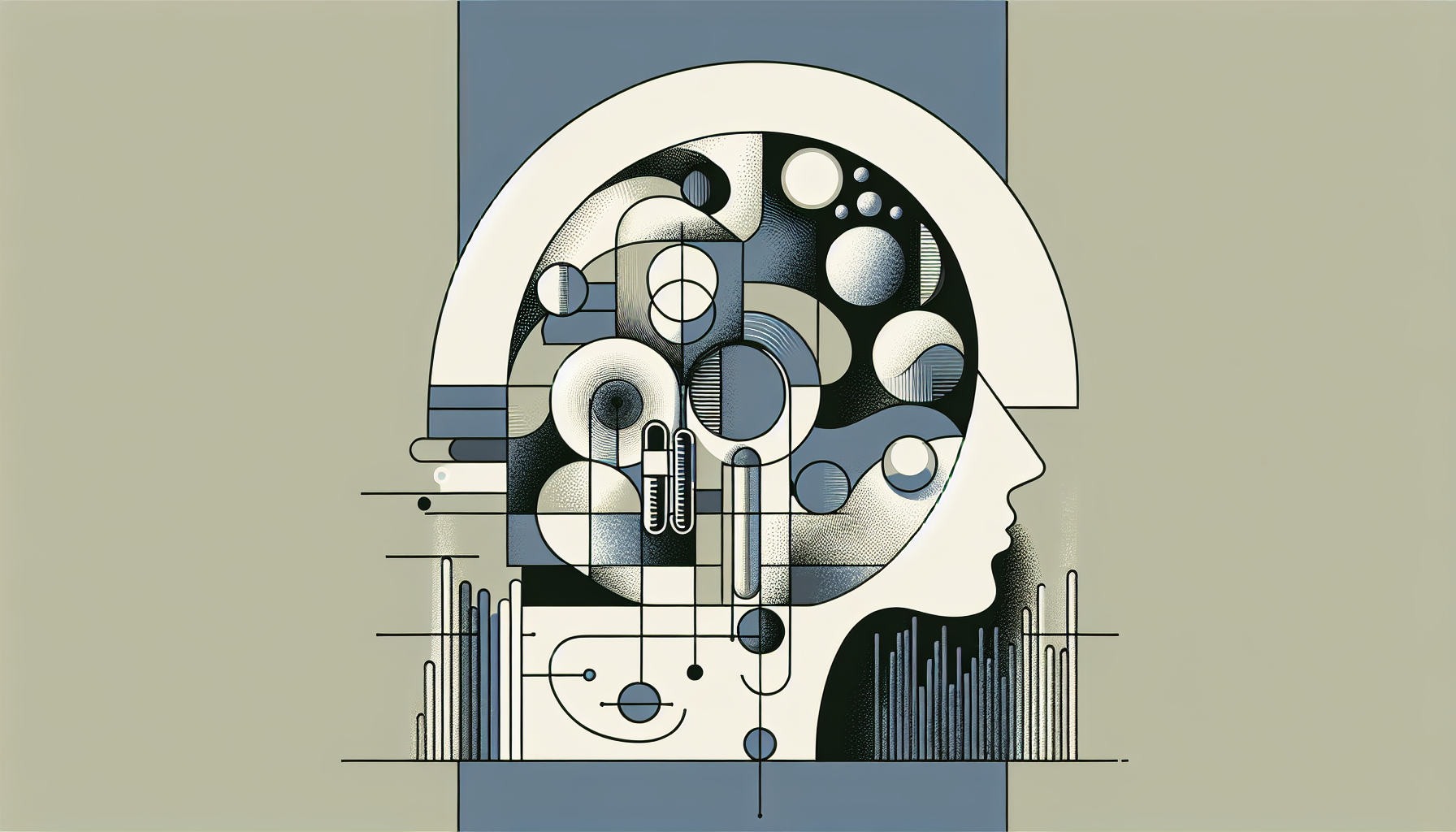

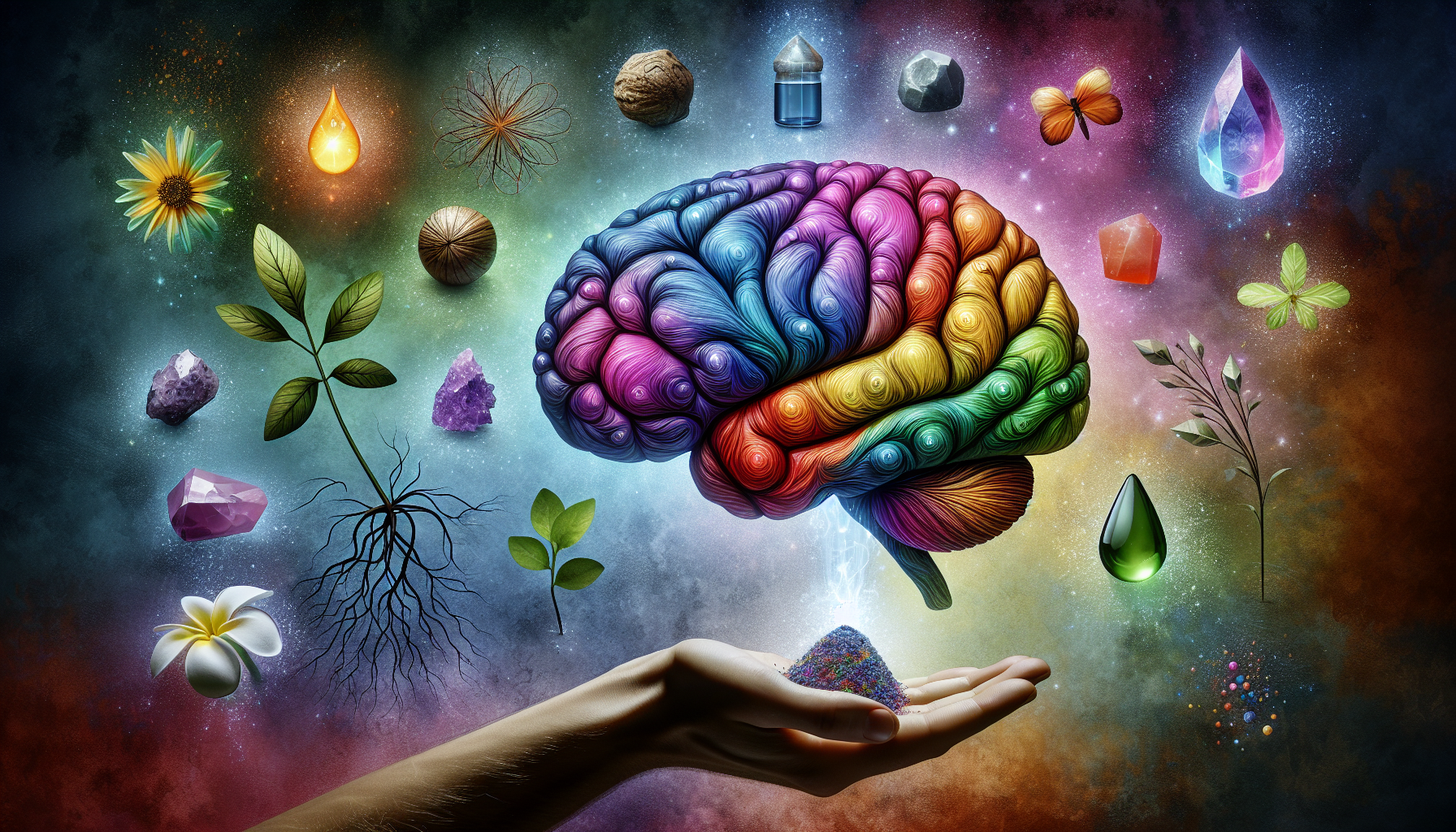
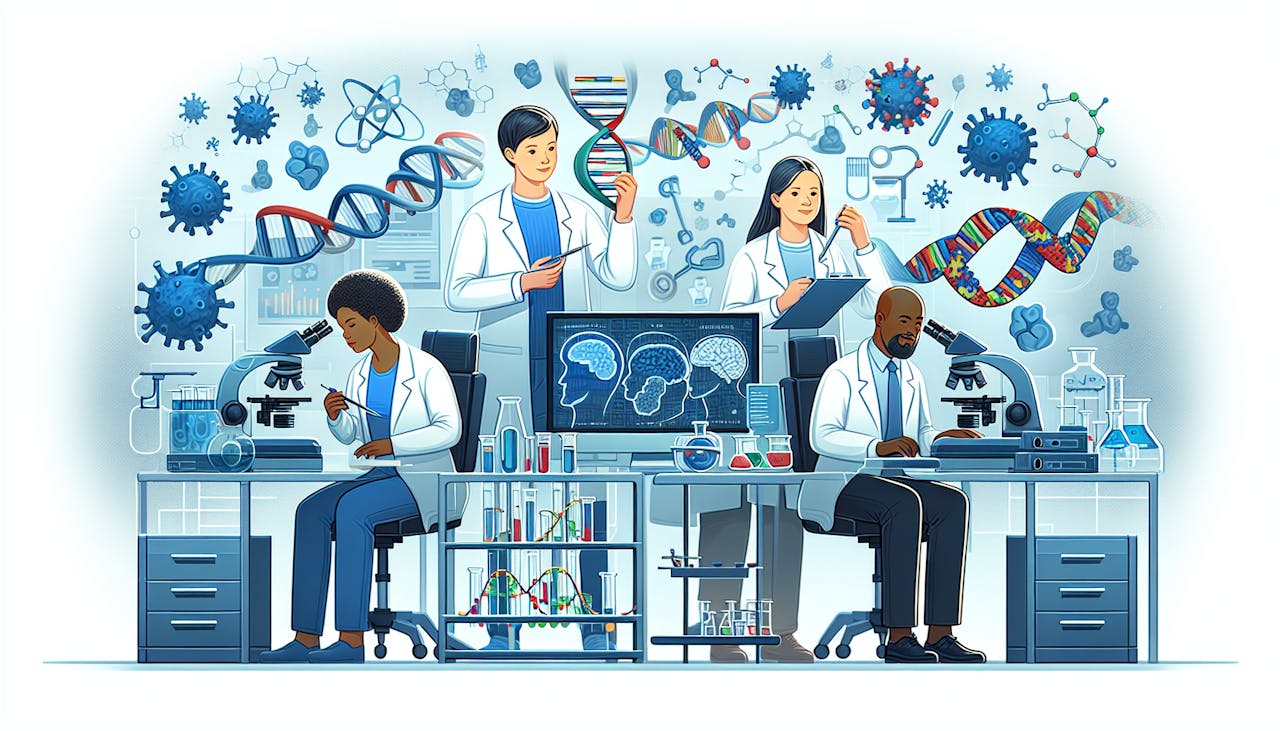
.jpeg)
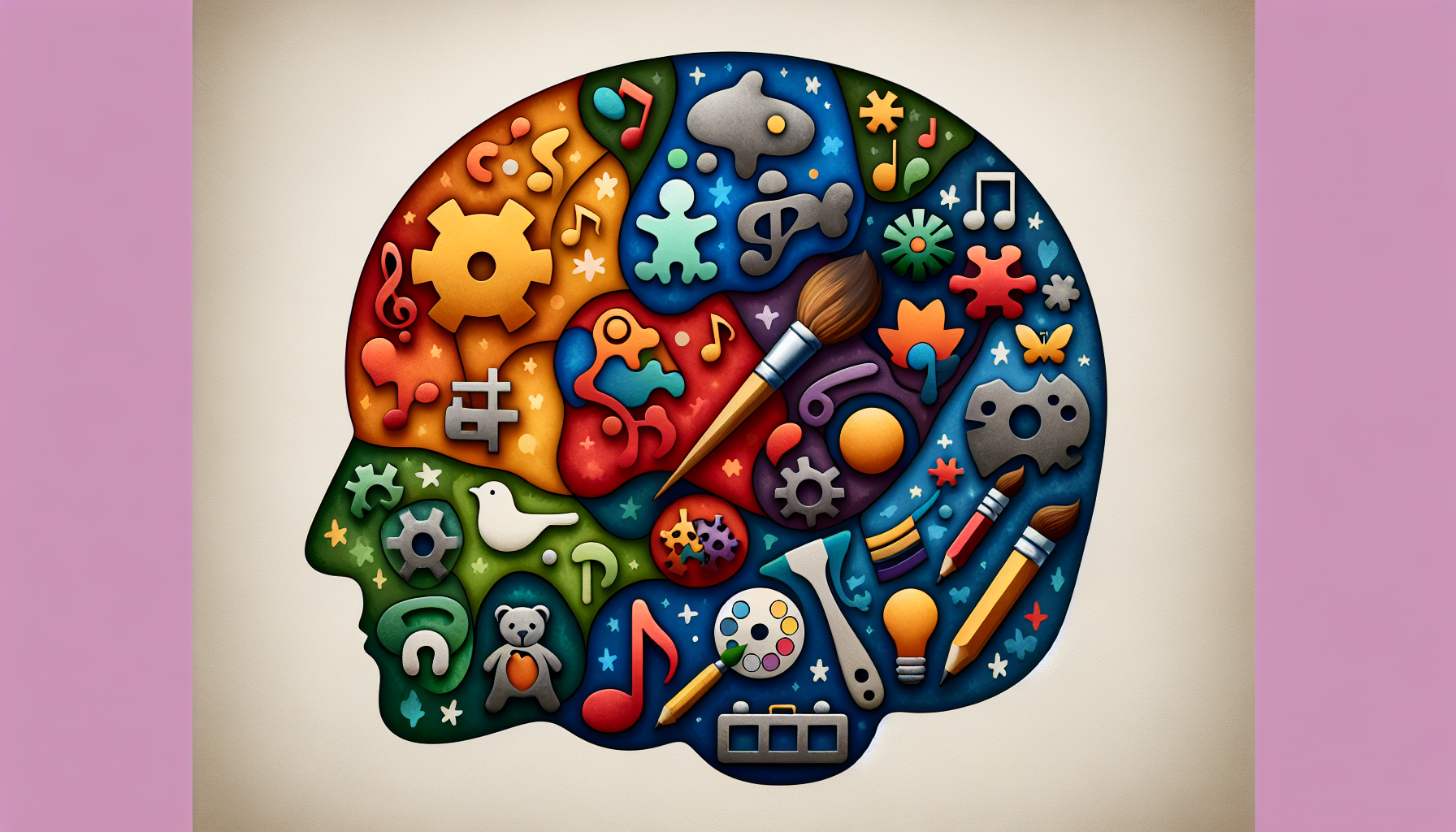

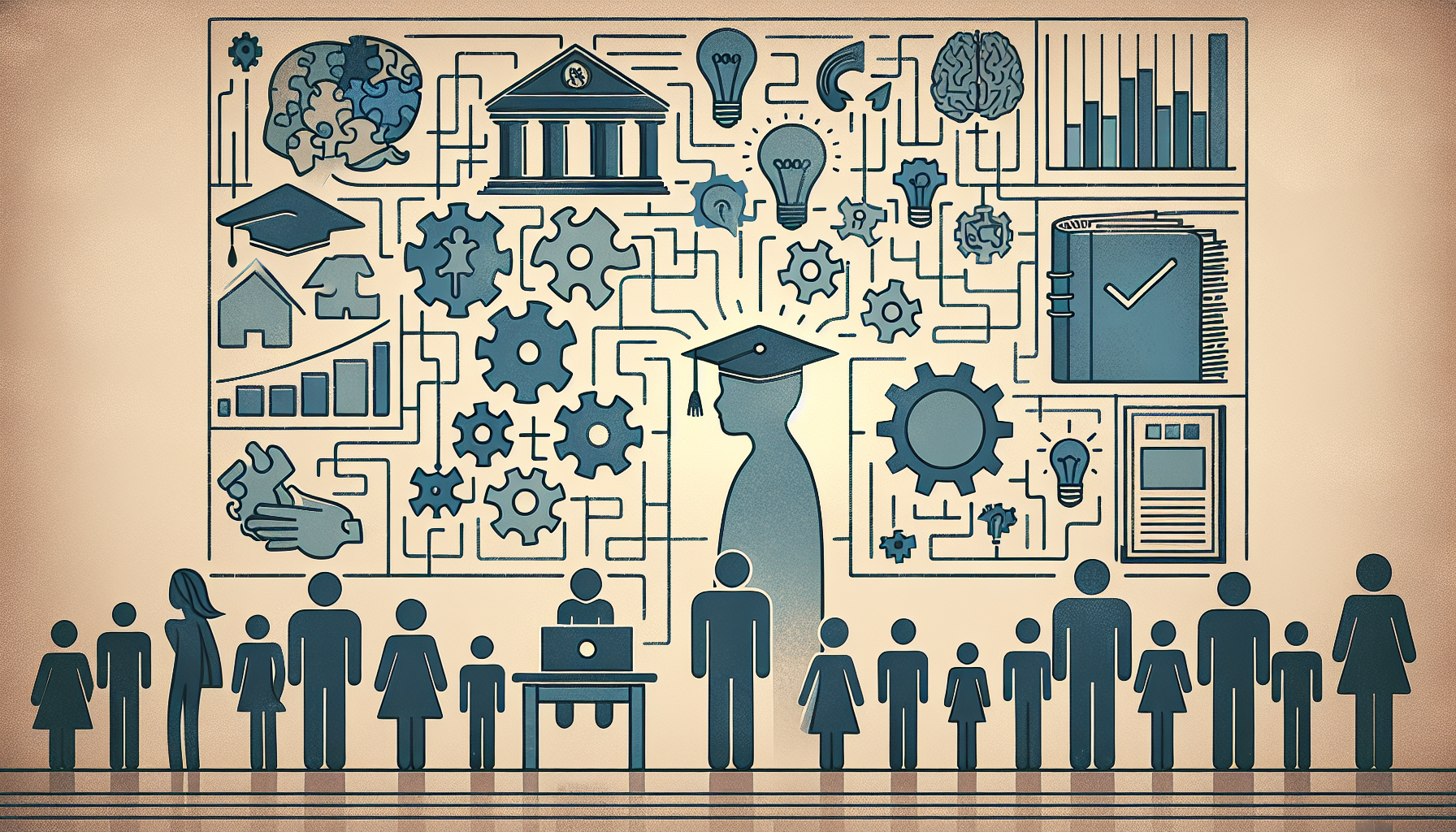




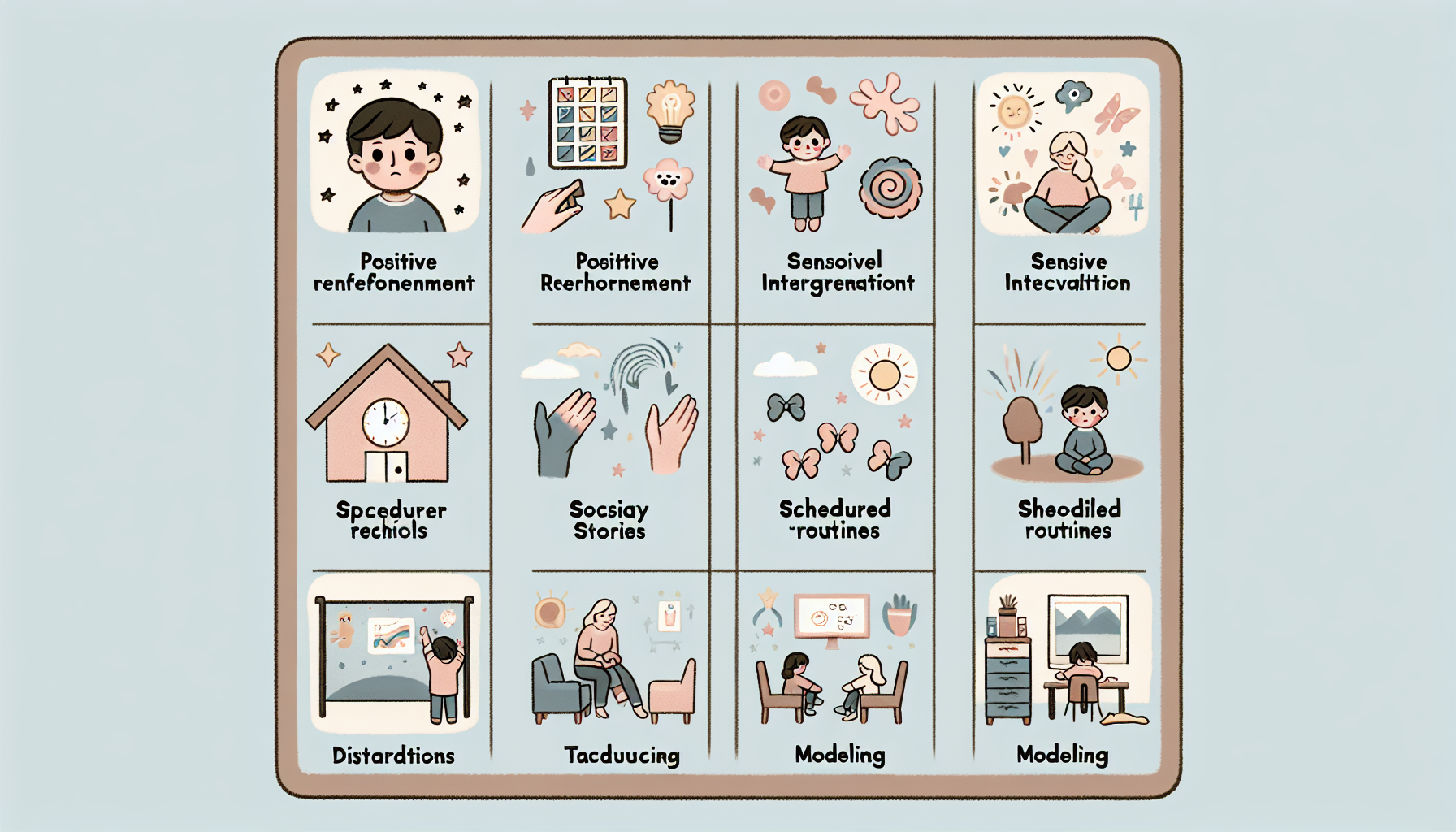

.jpeg)
.jpeg)
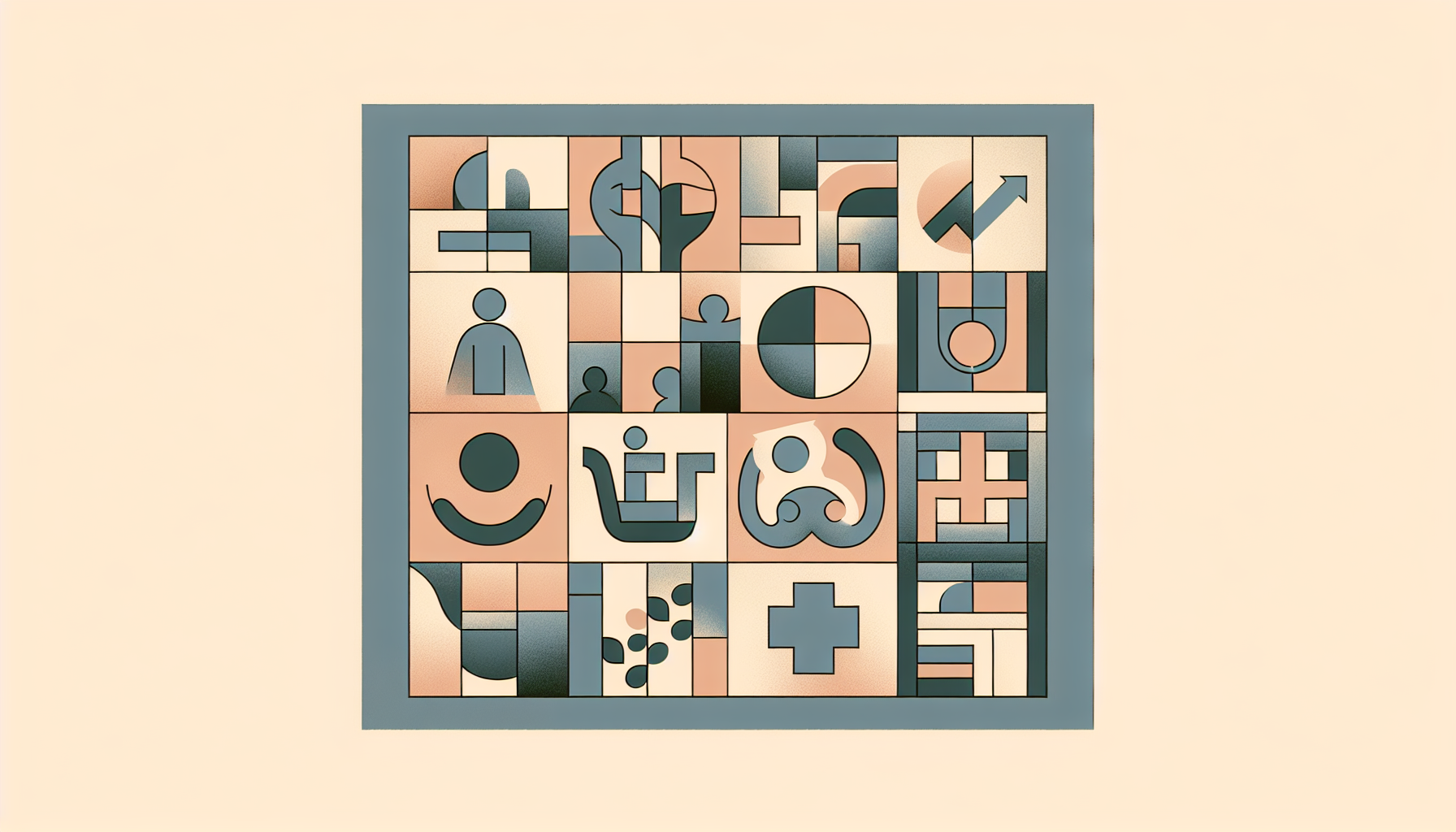
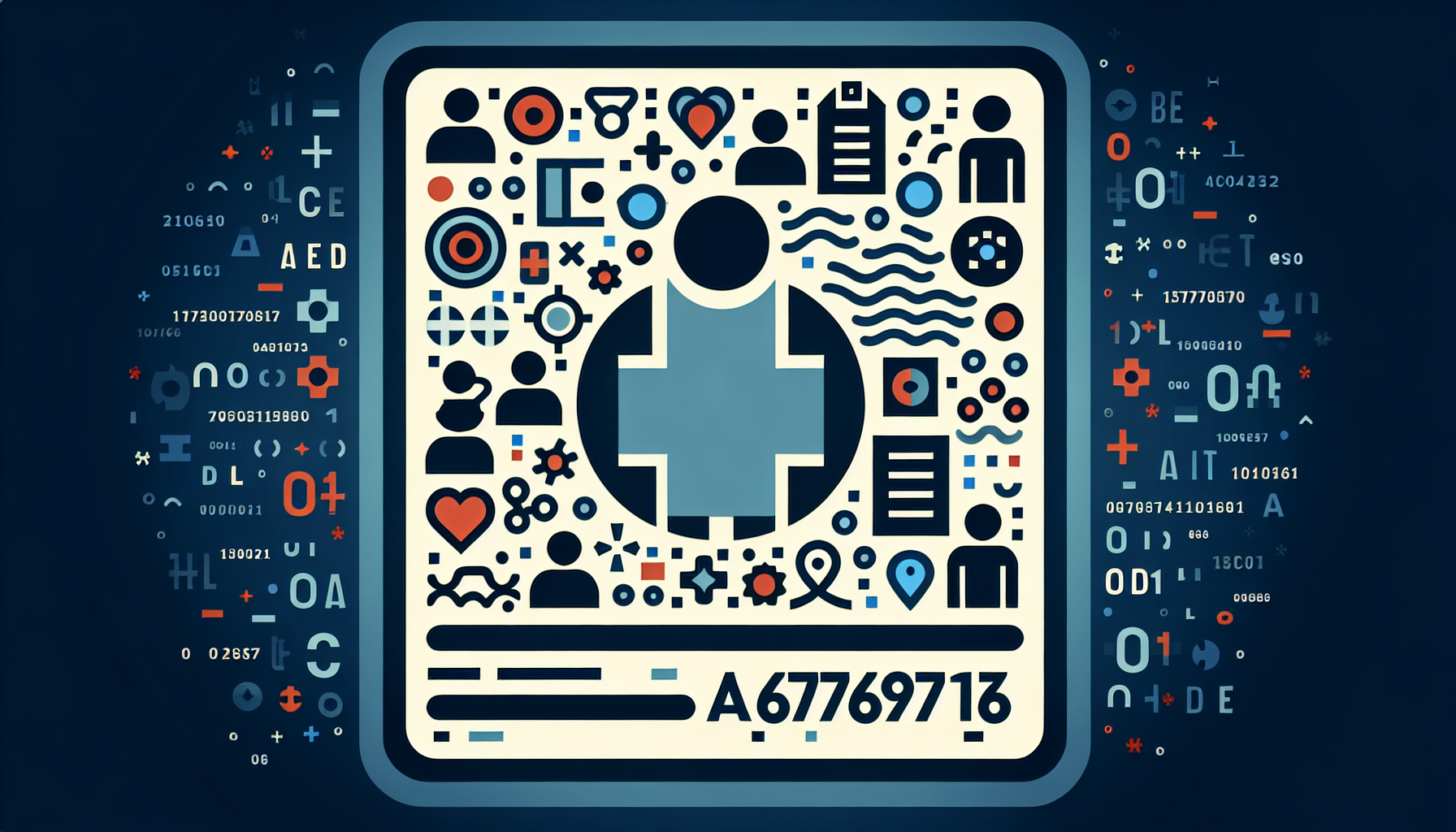

.jpeg)
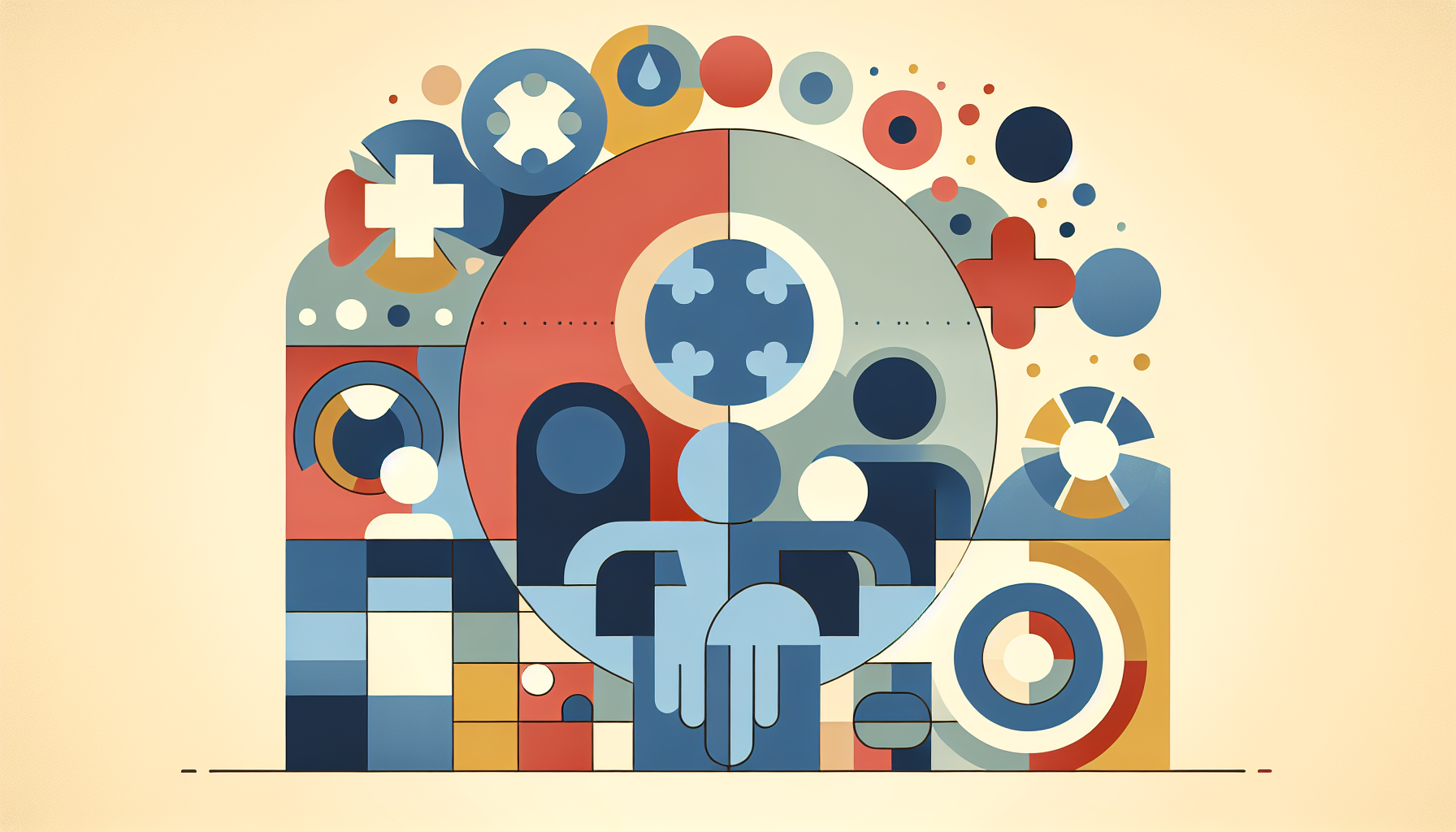
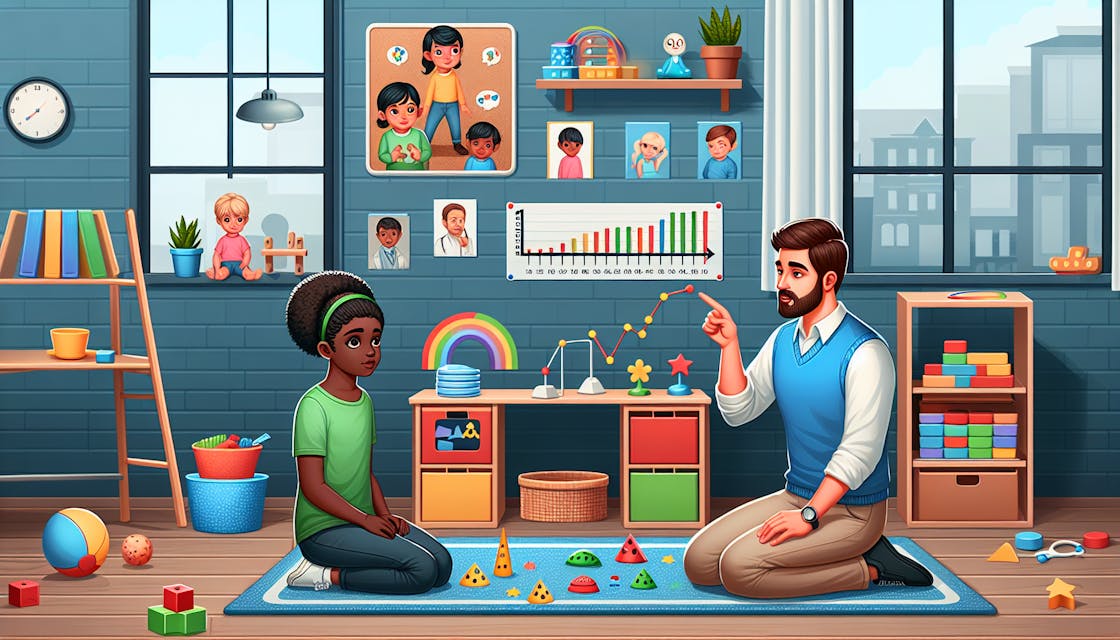

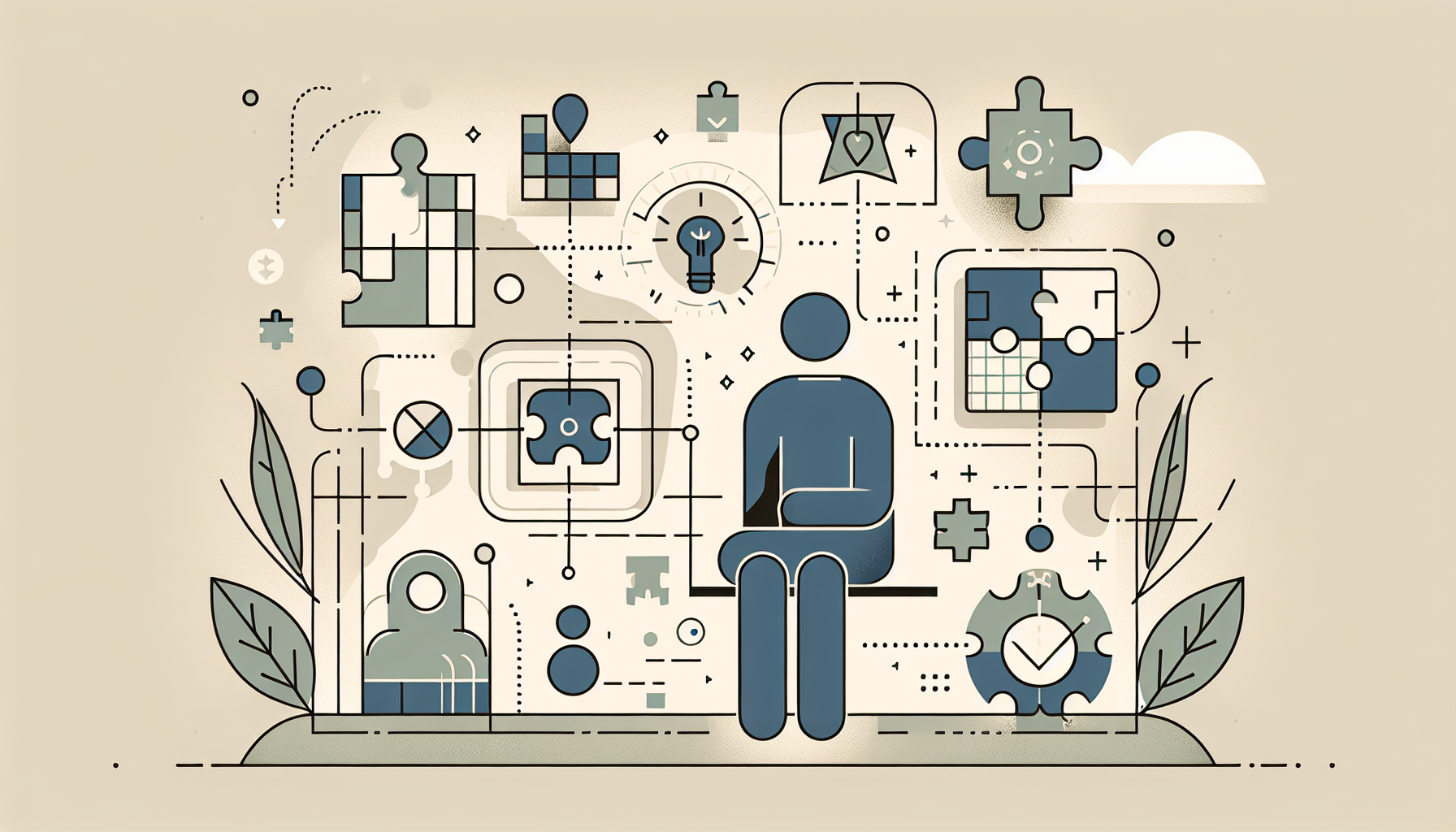
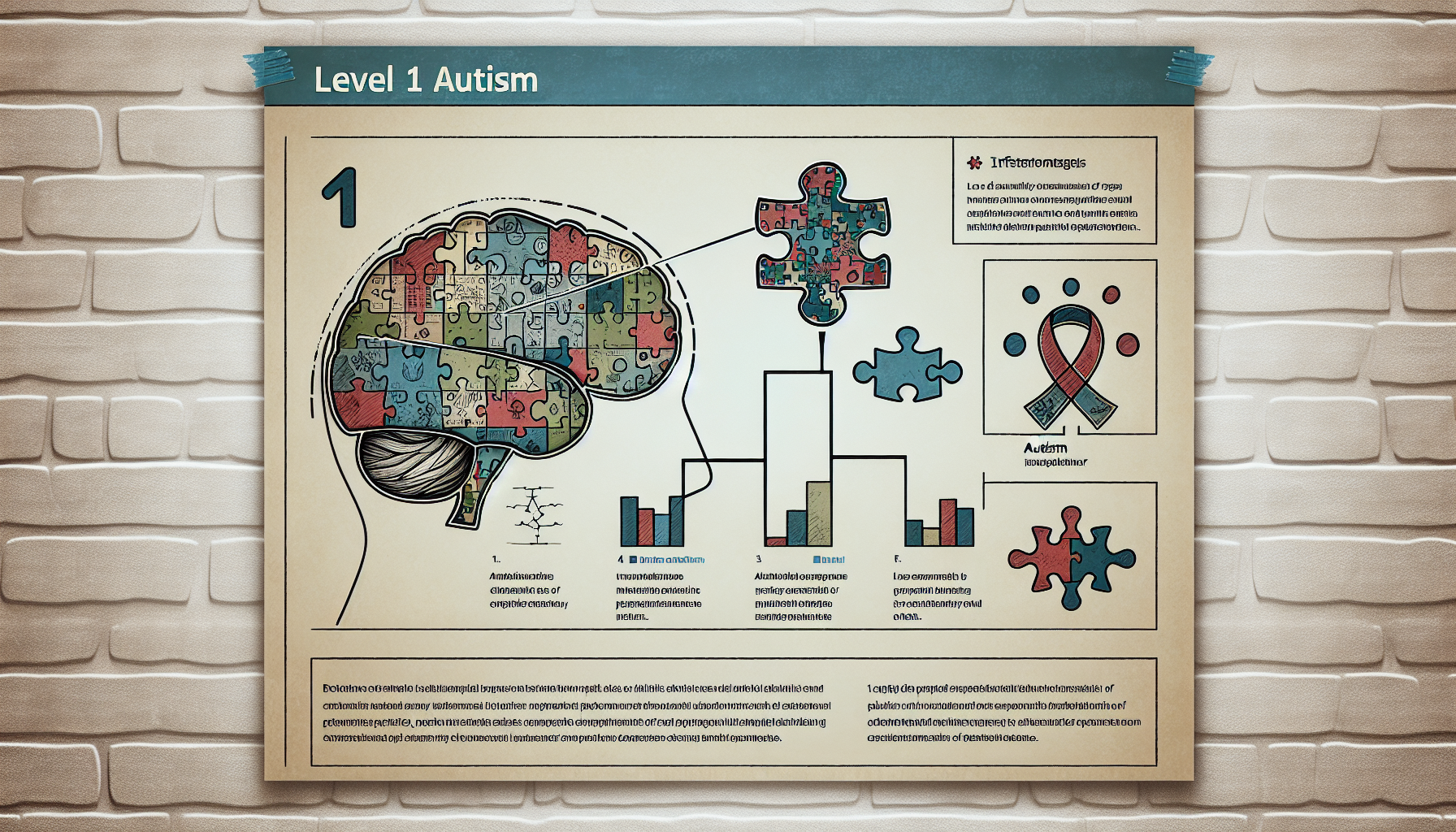

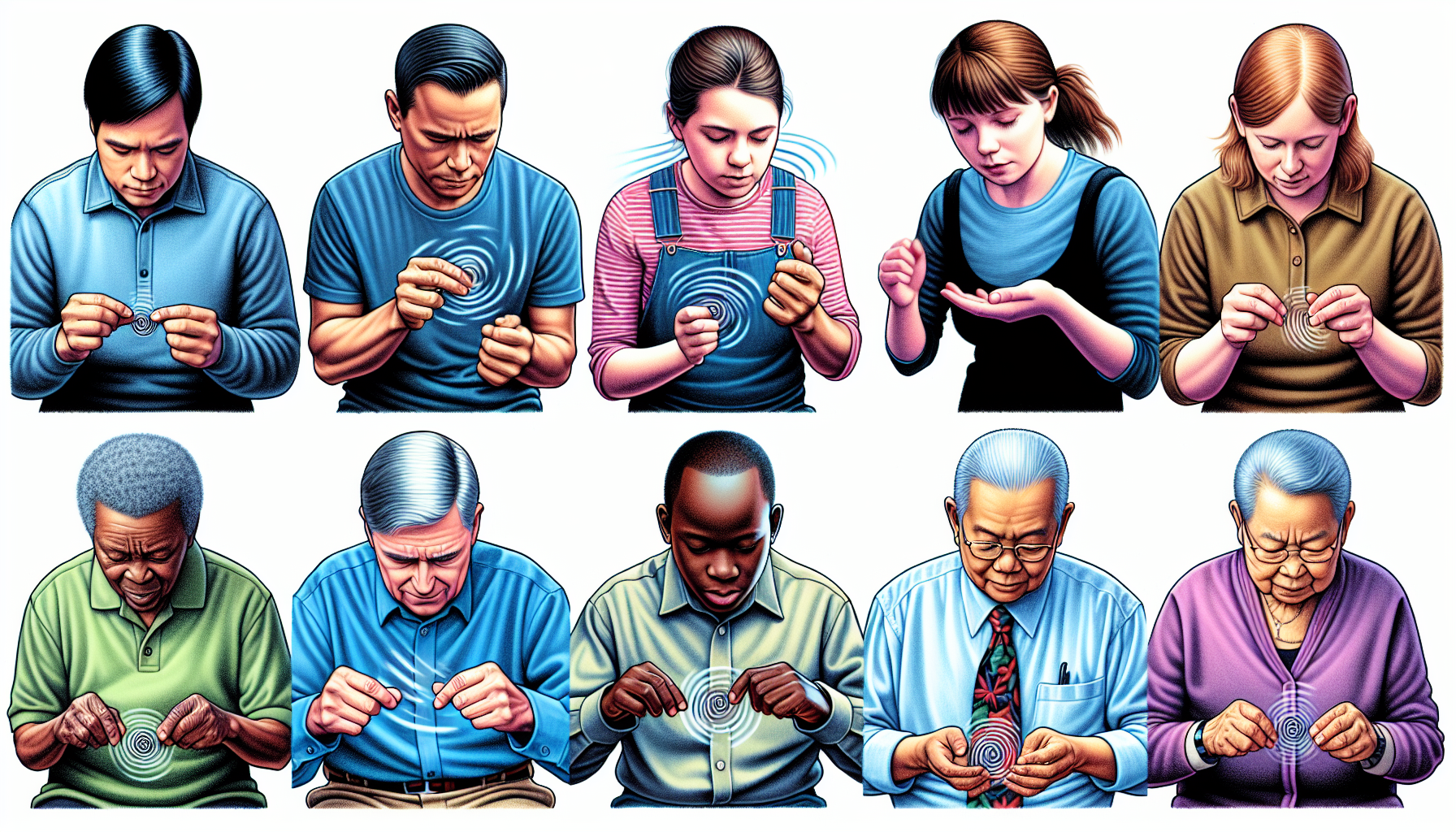
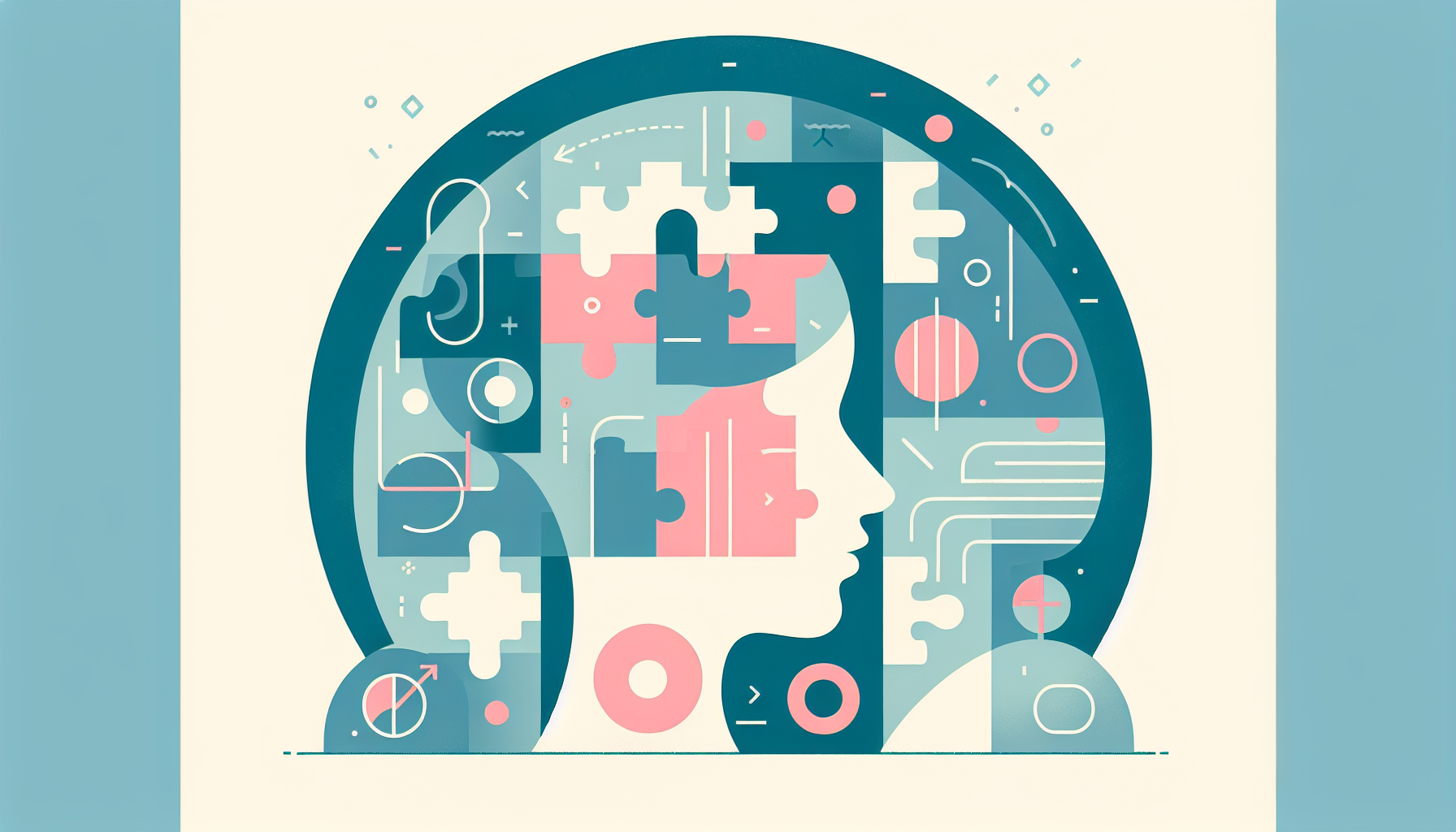



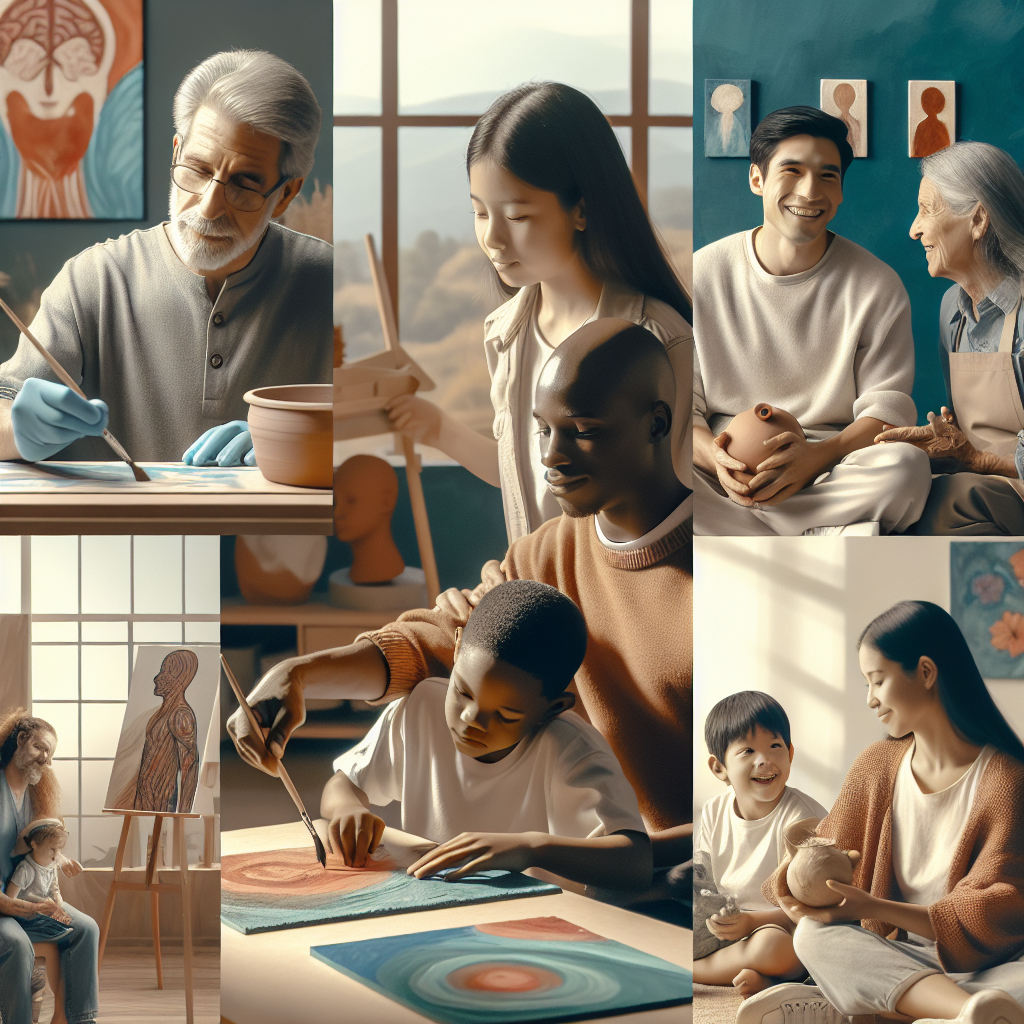


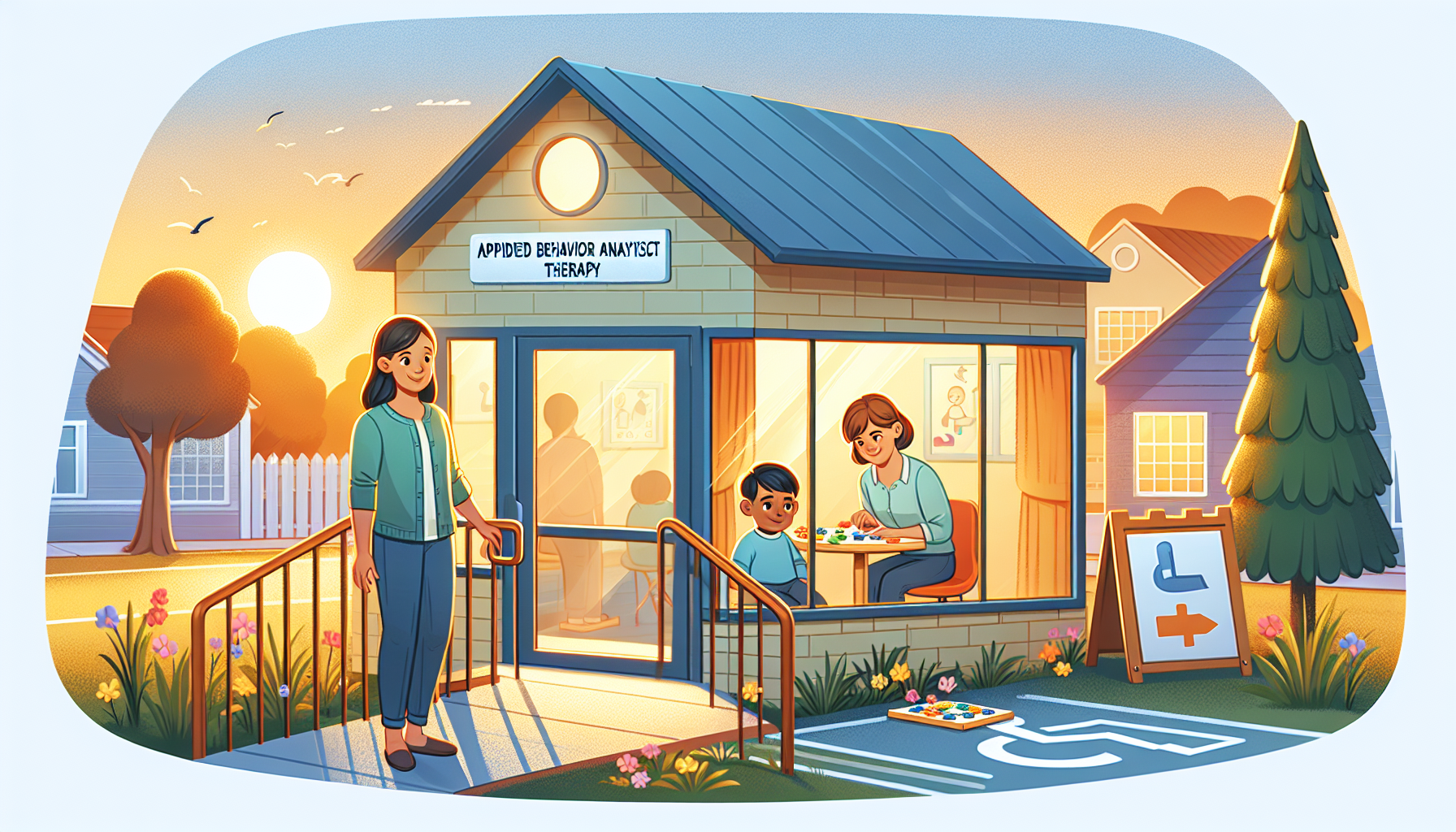

.jpeg)
.jpeg)
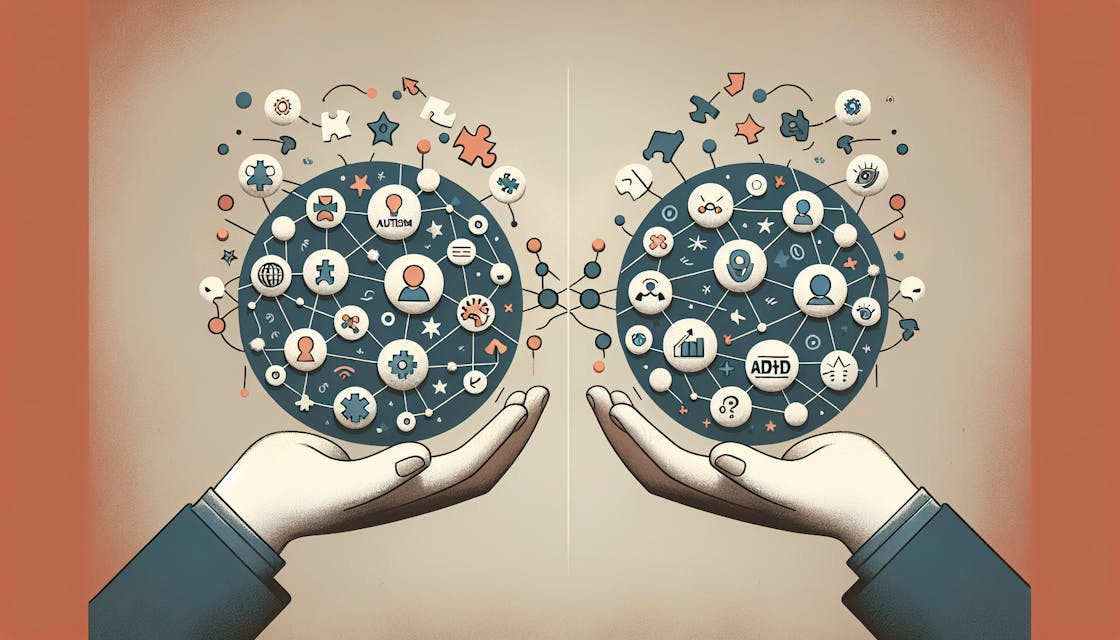
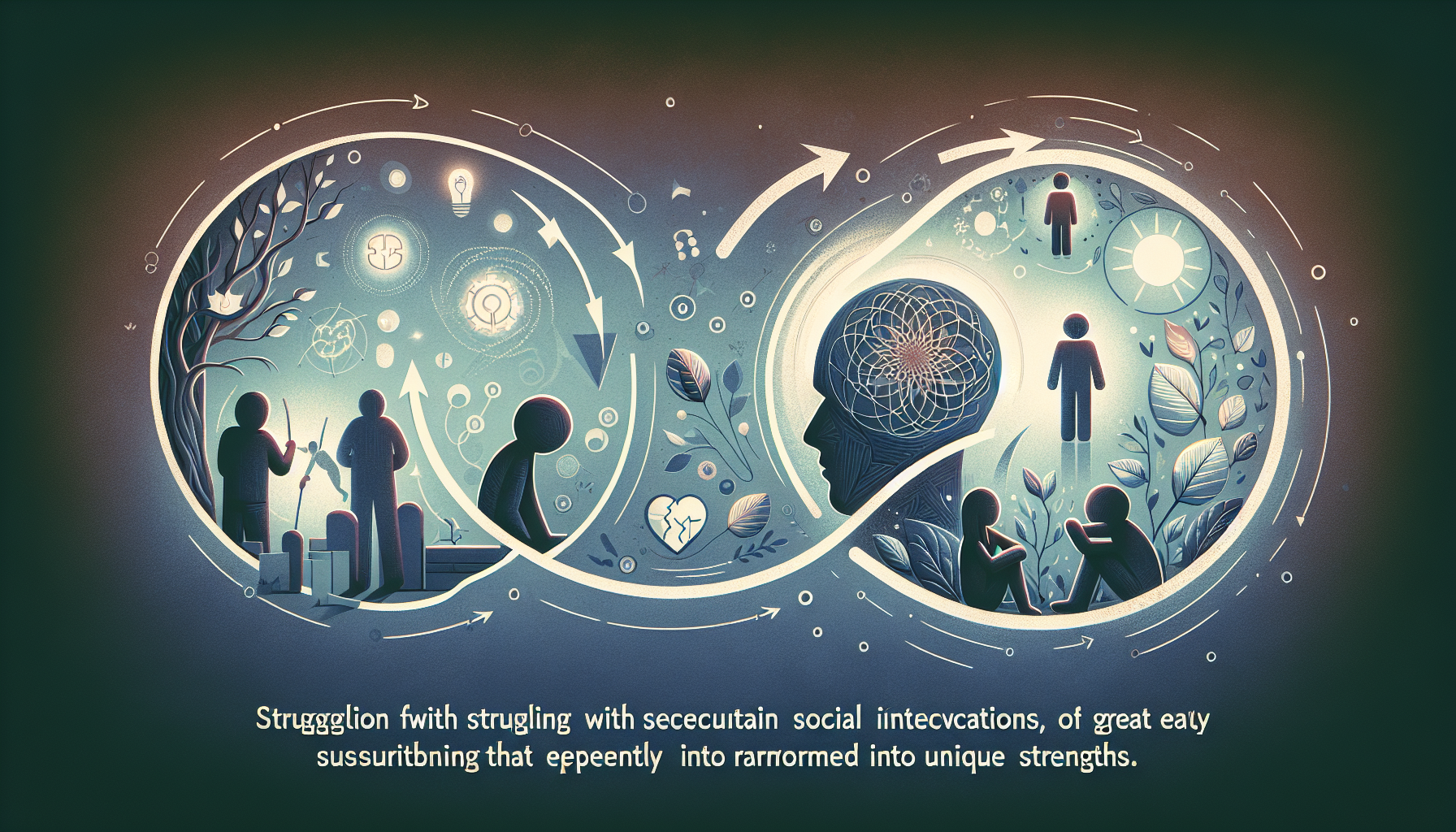

.jpeg)
.jpeg)
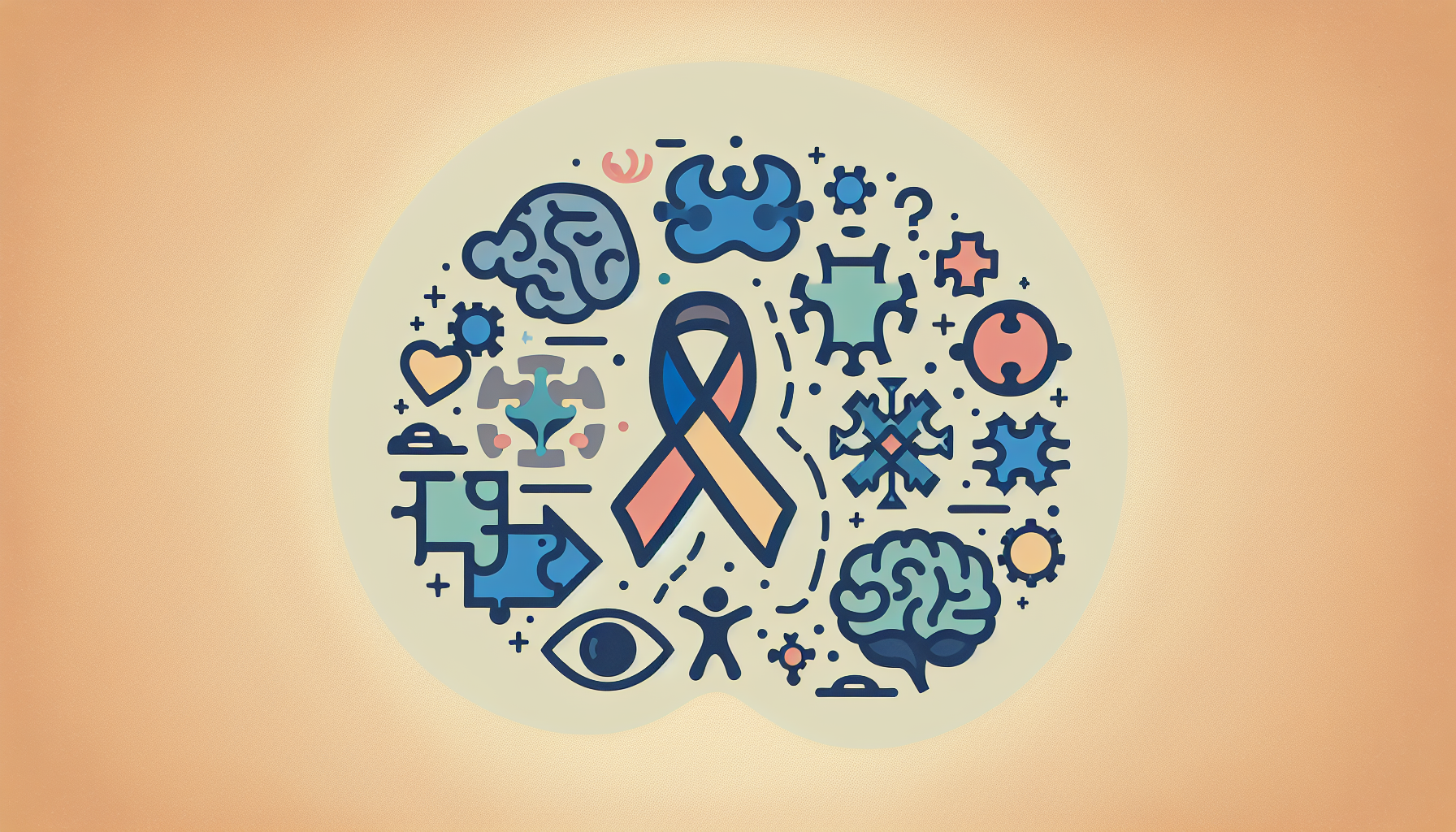
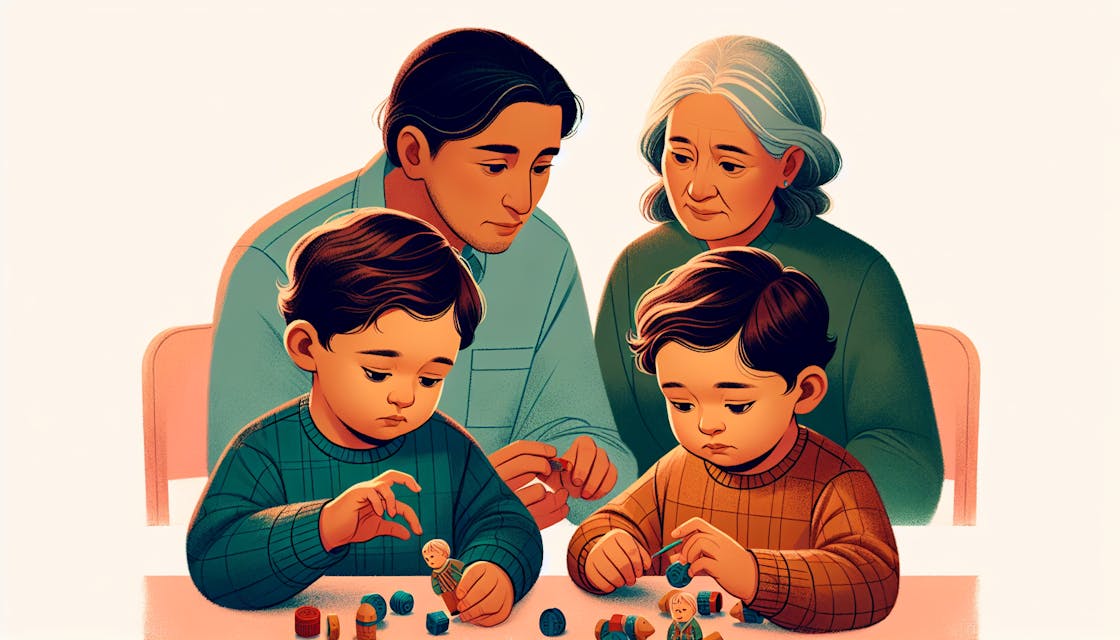

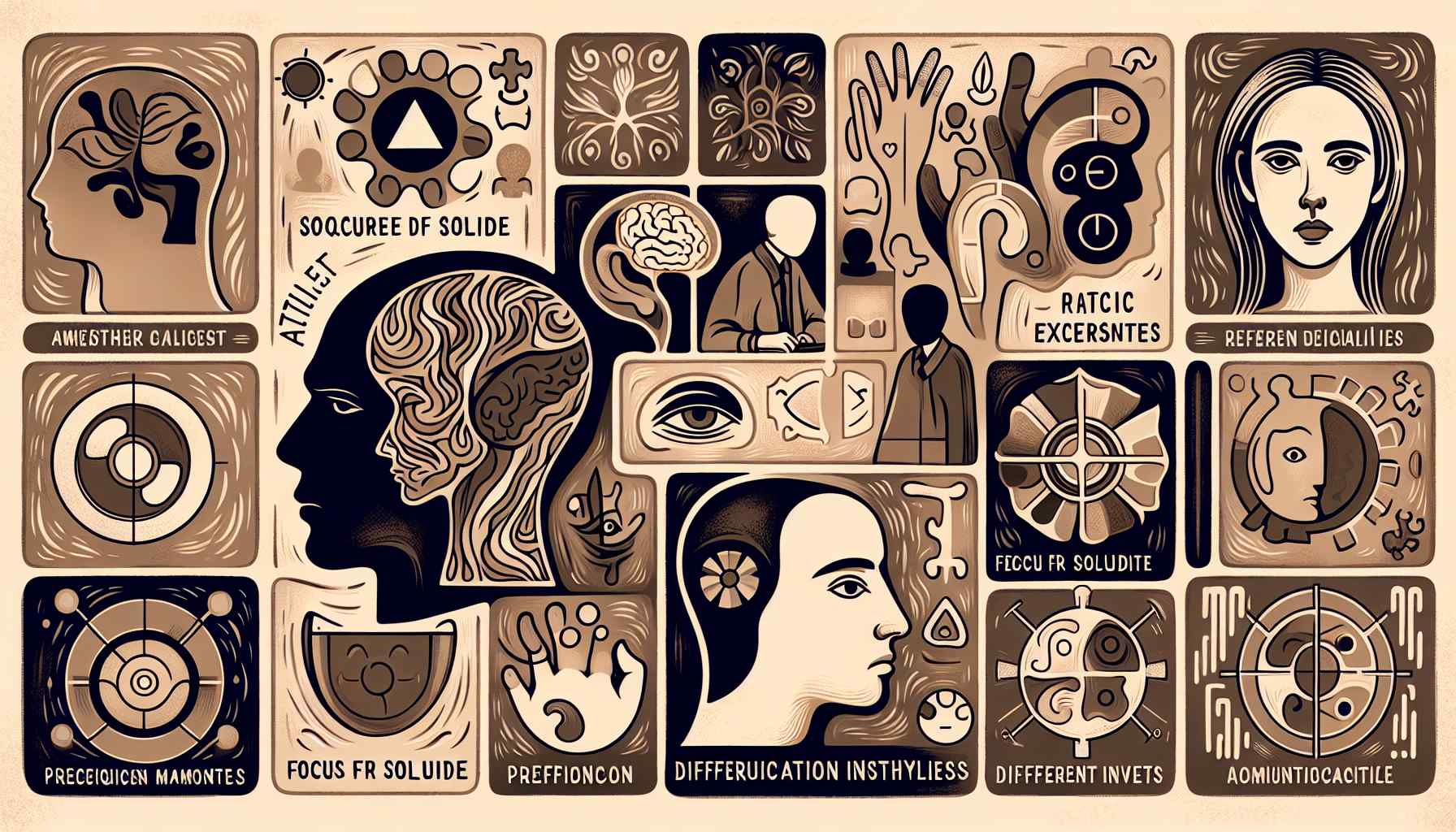


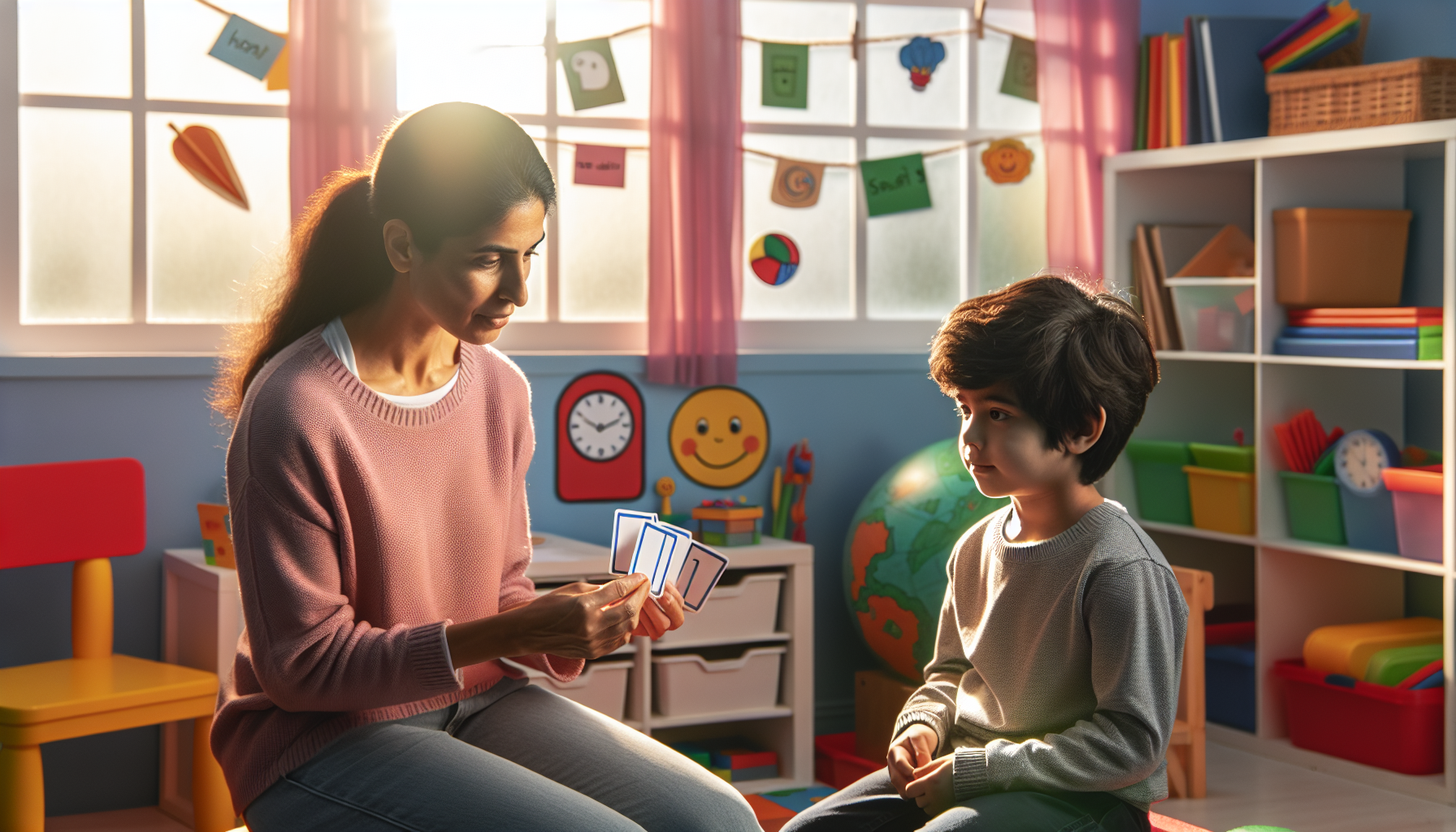
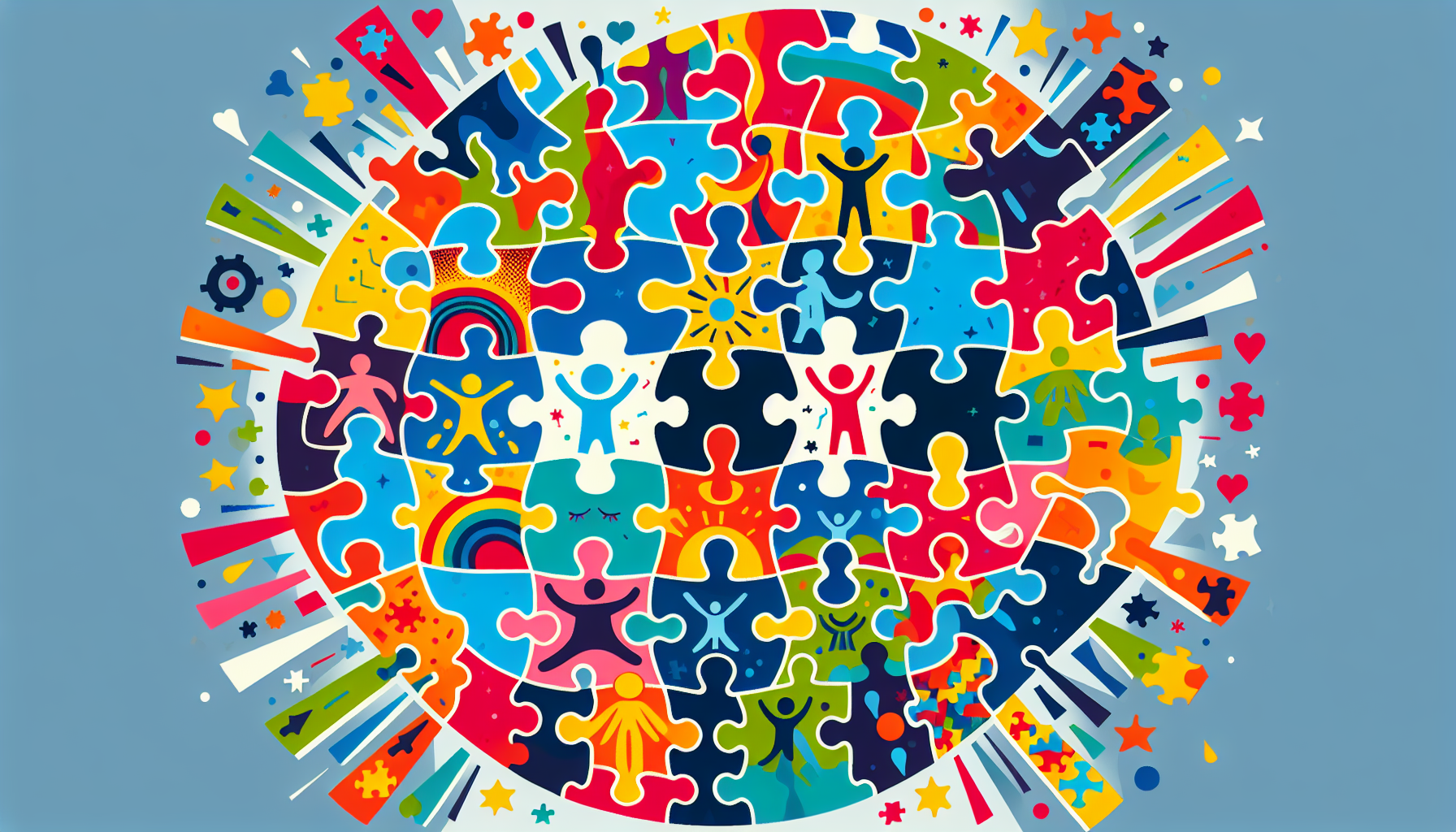
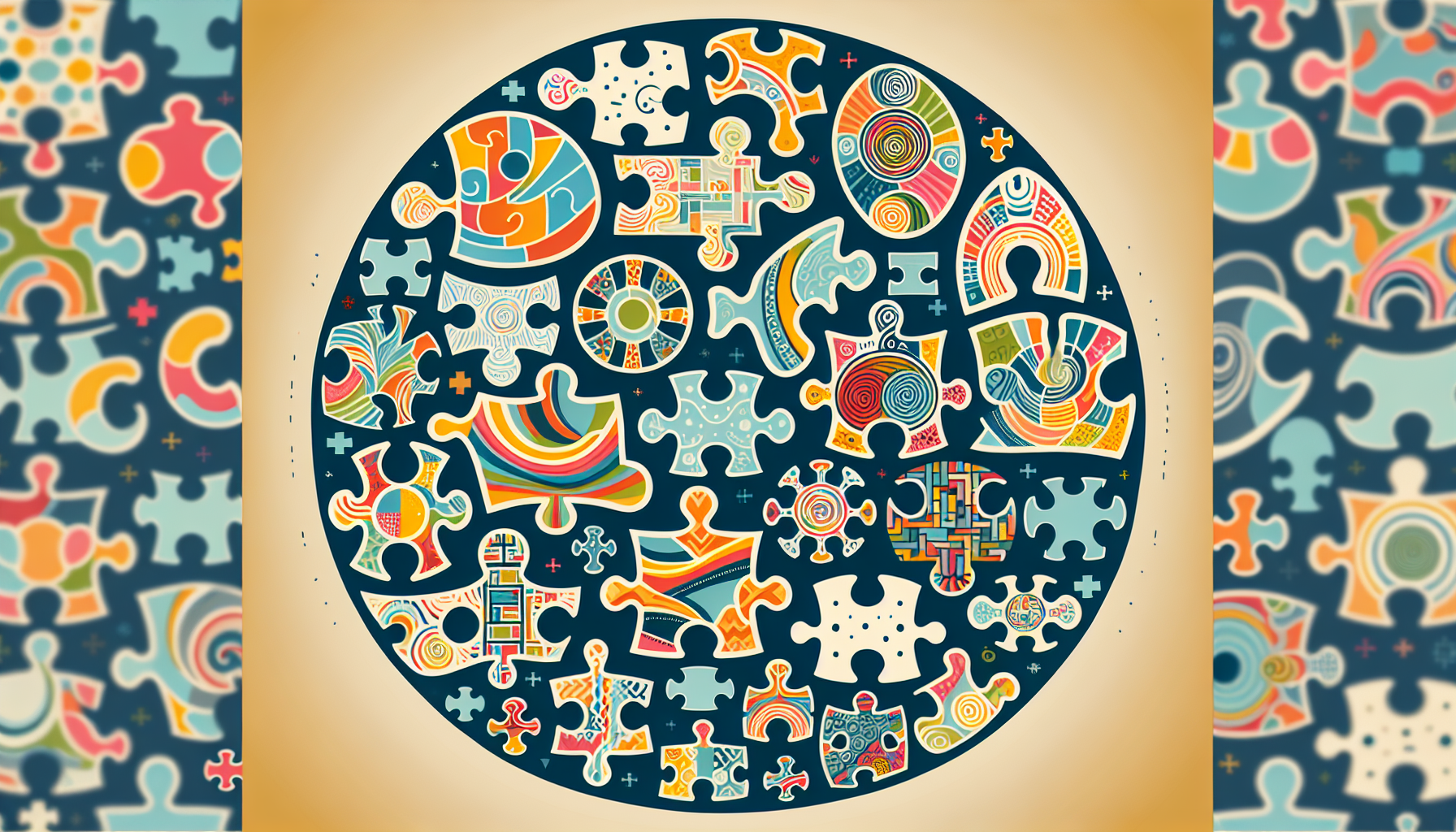


.jpeg)

